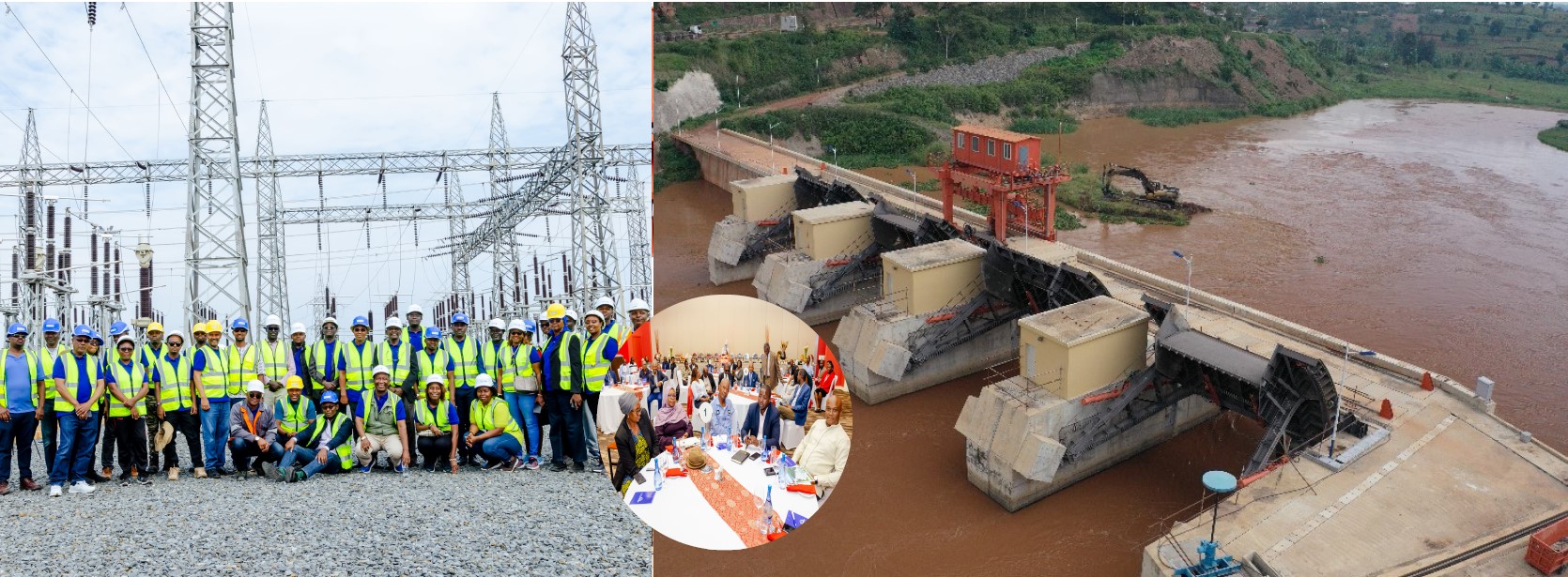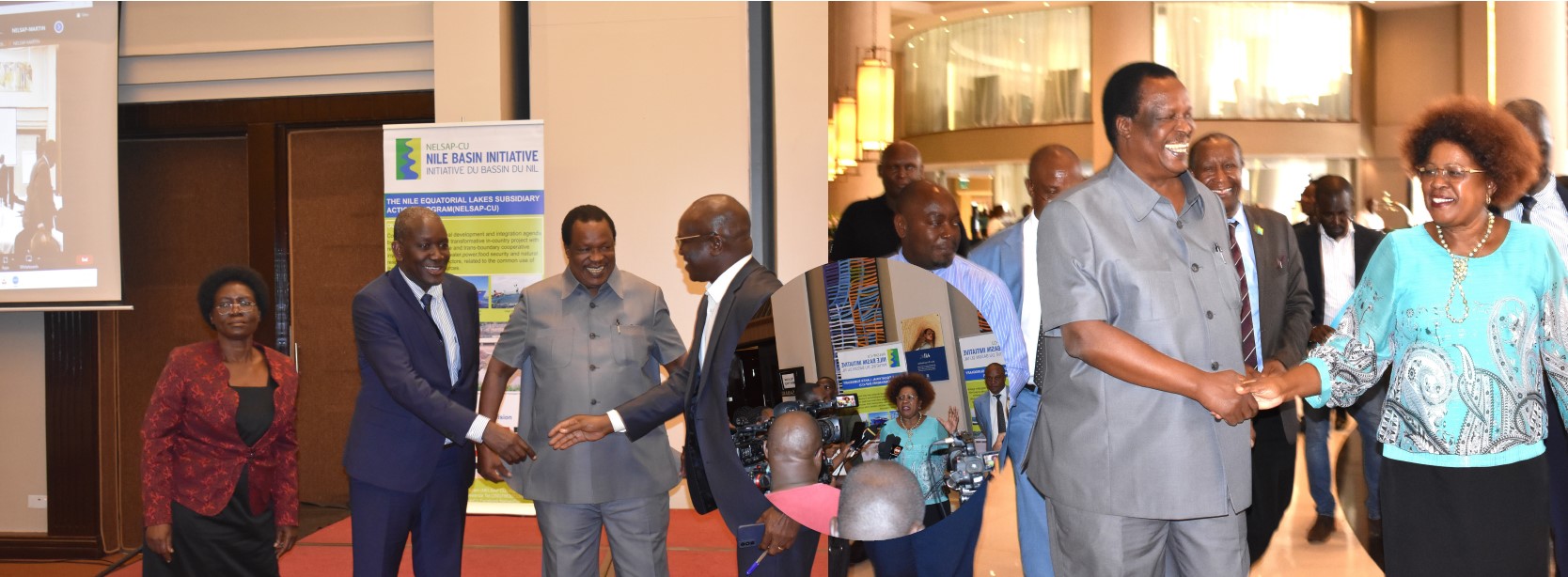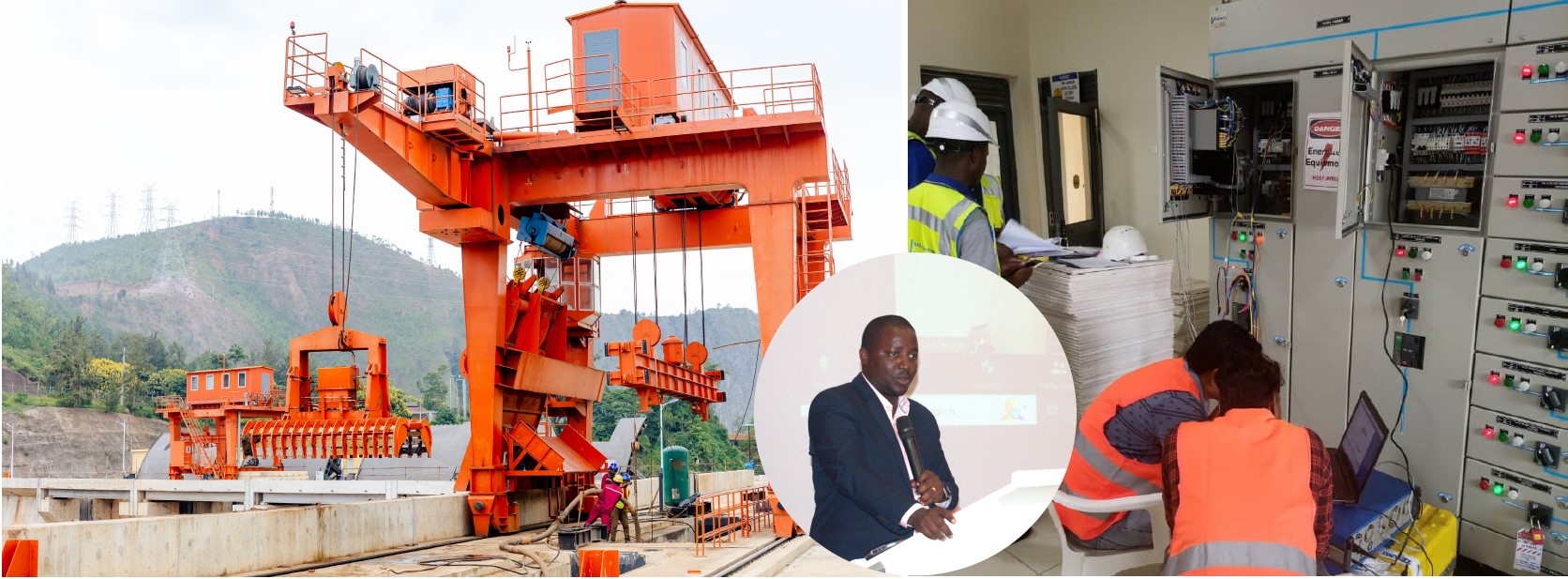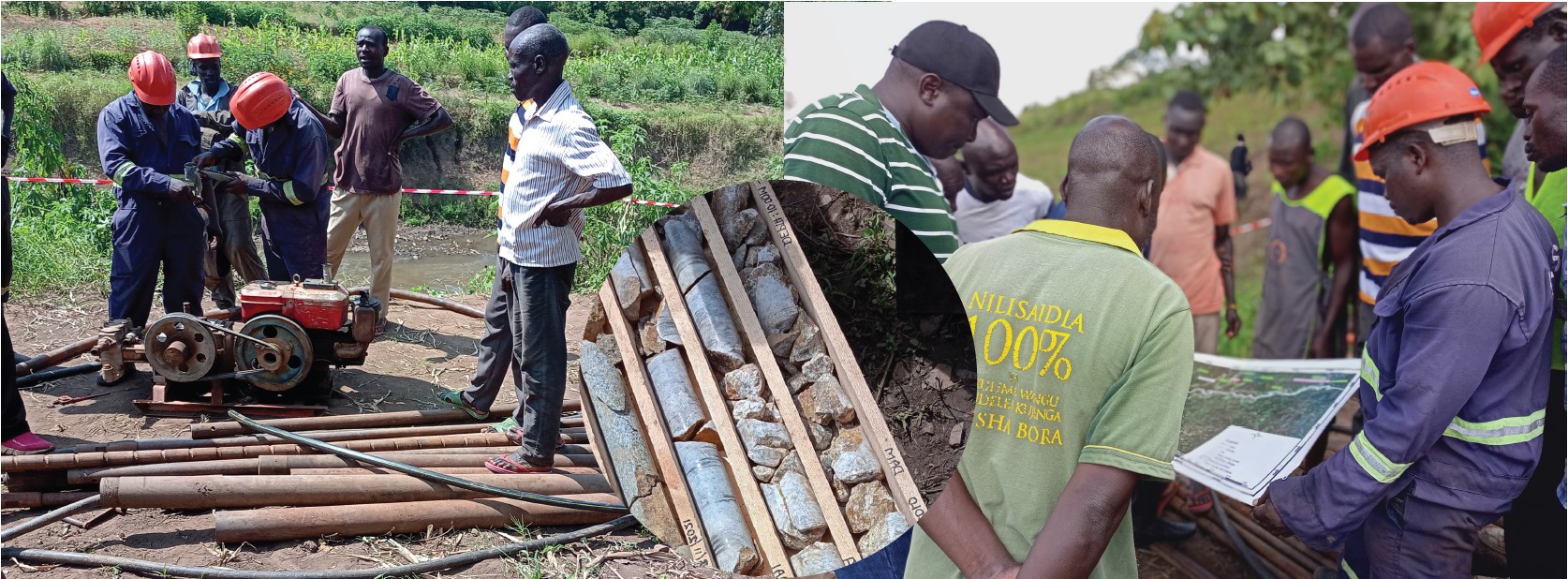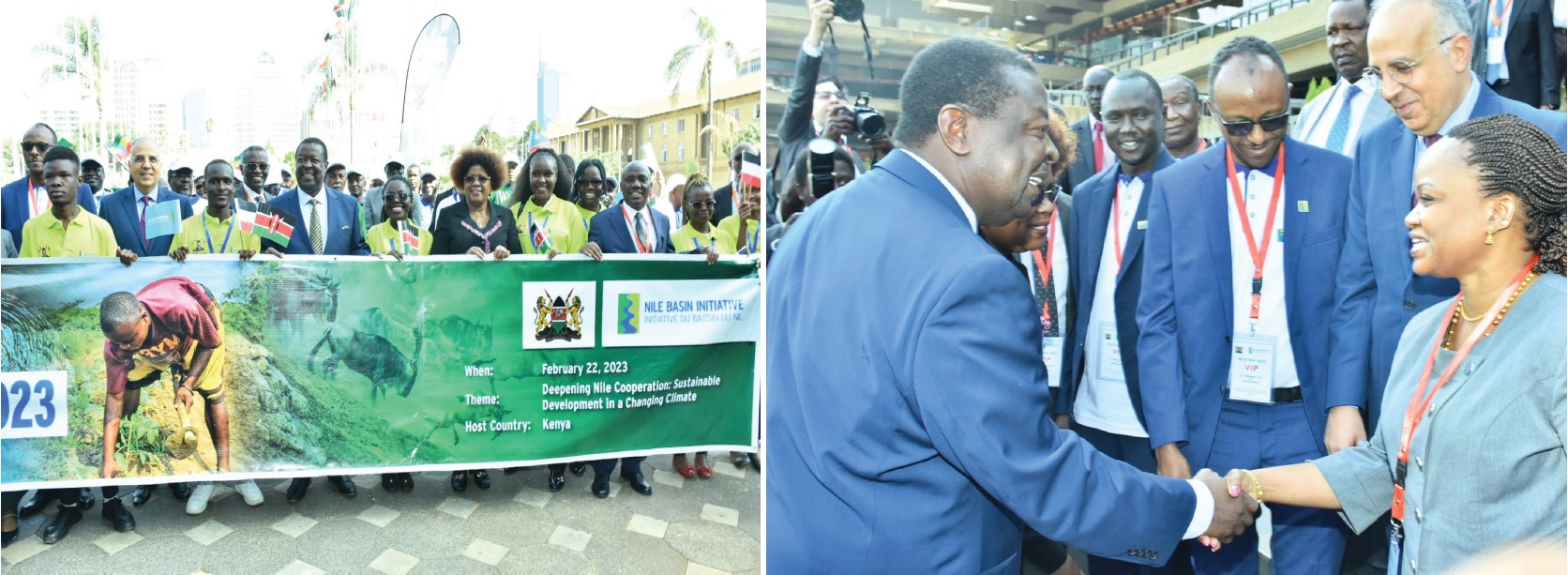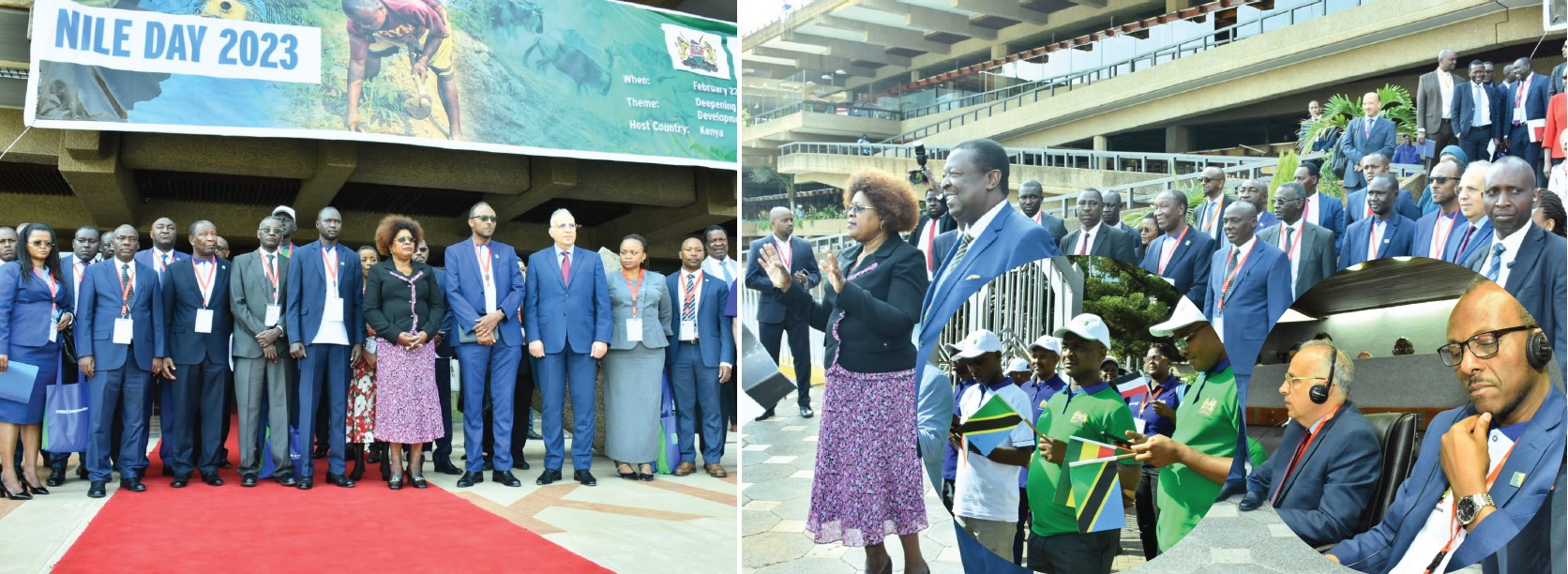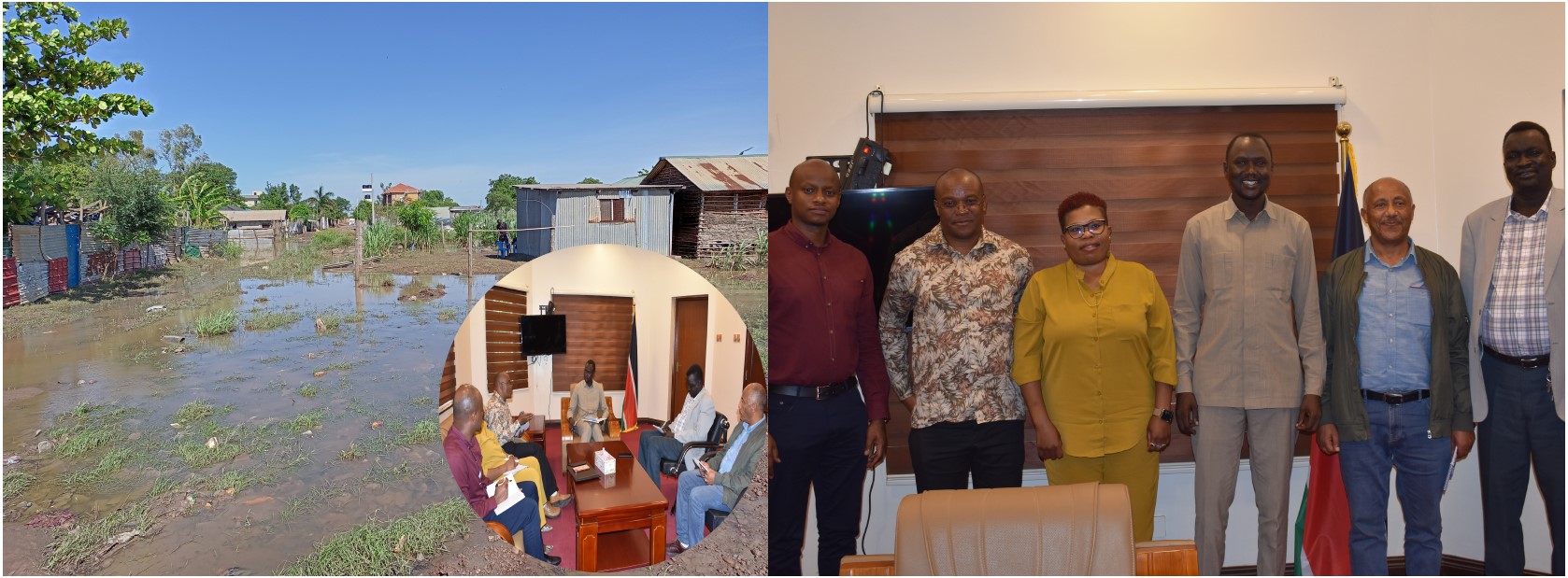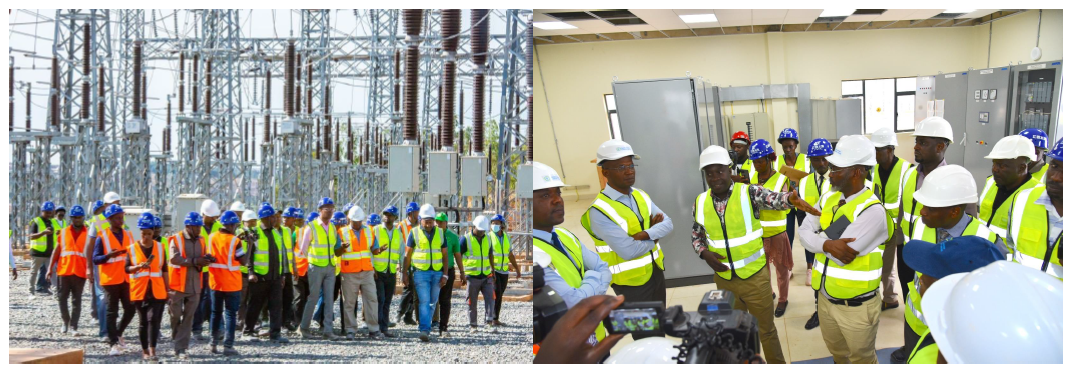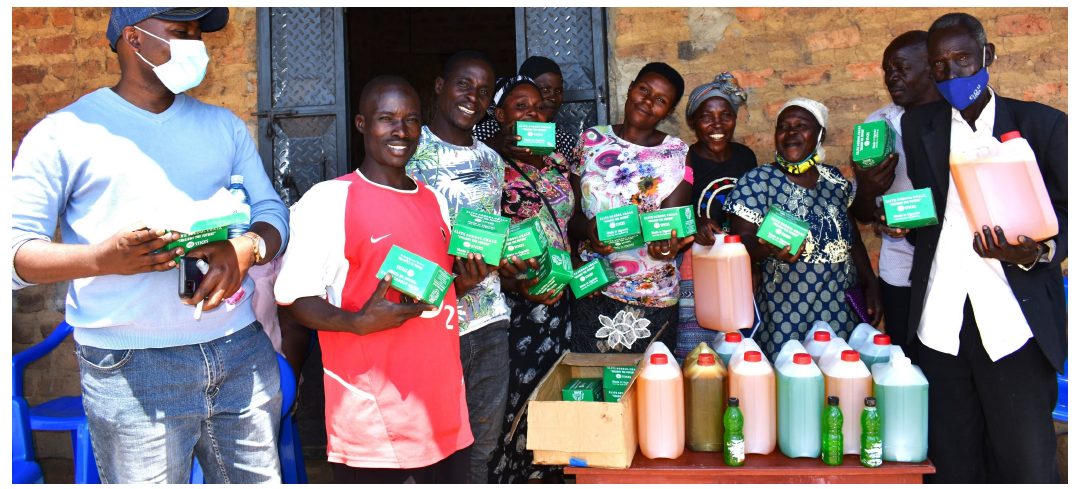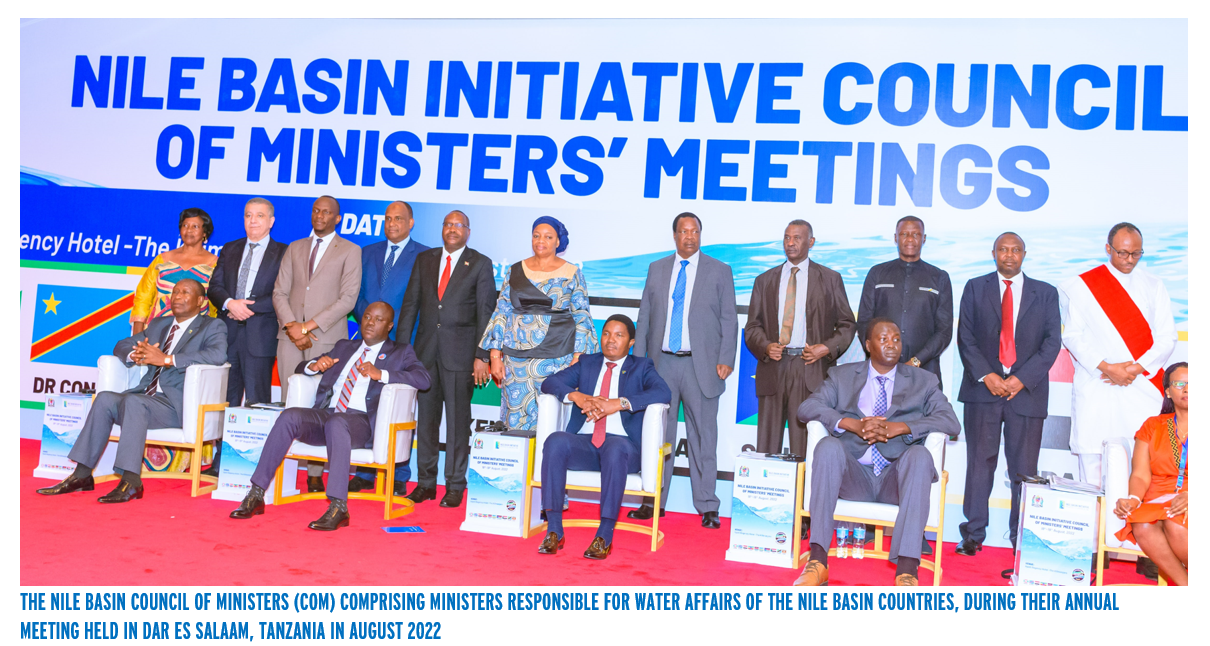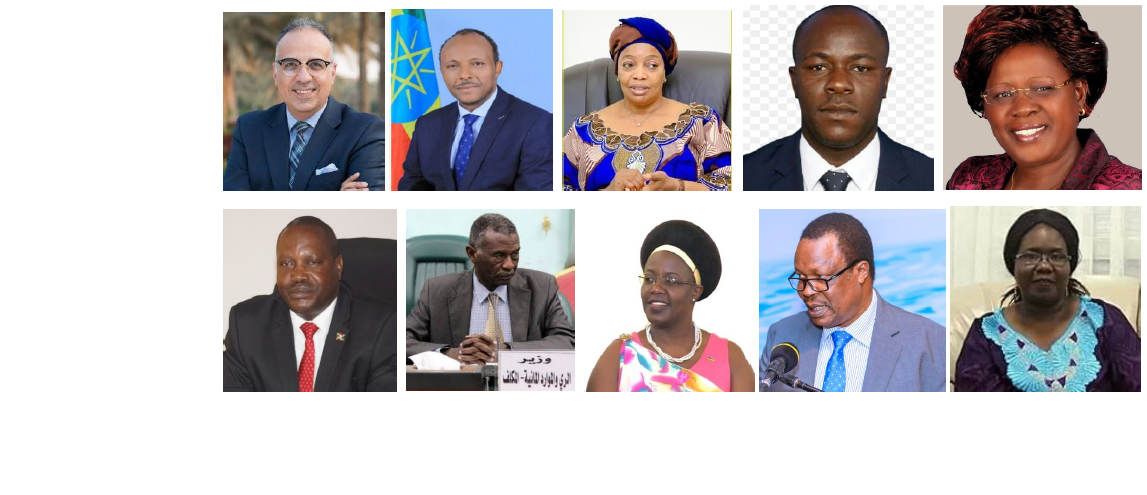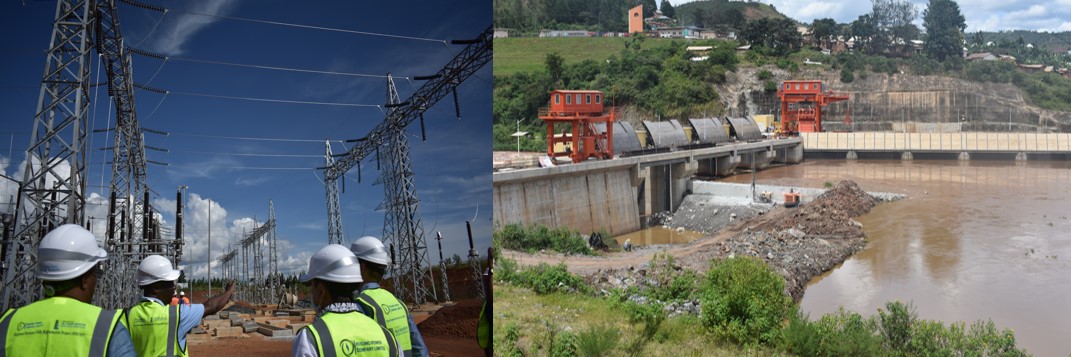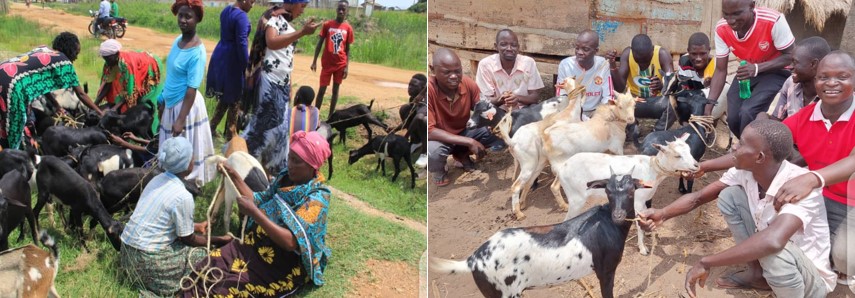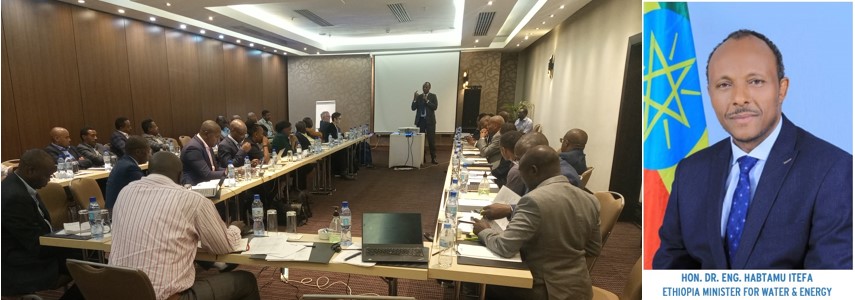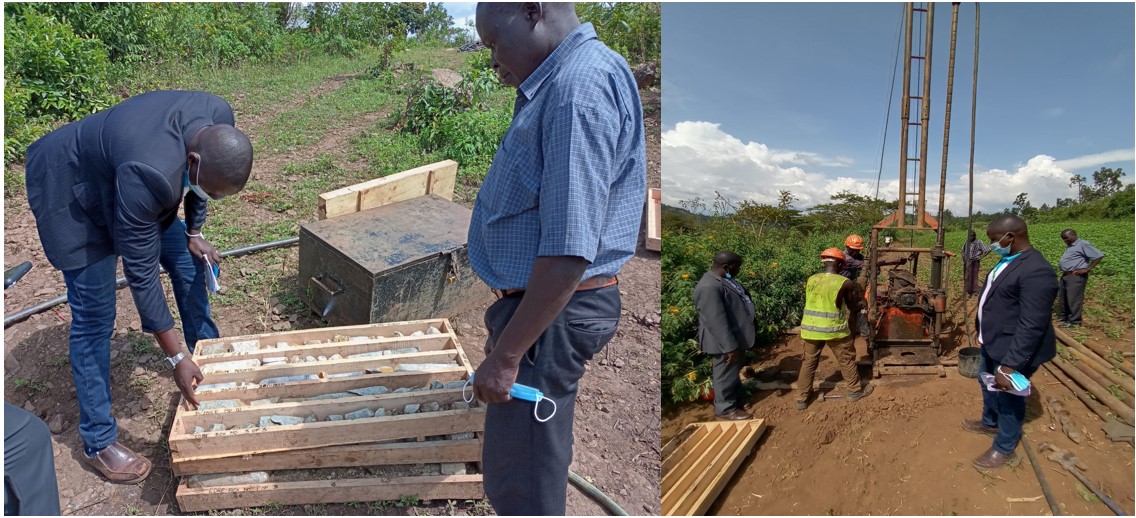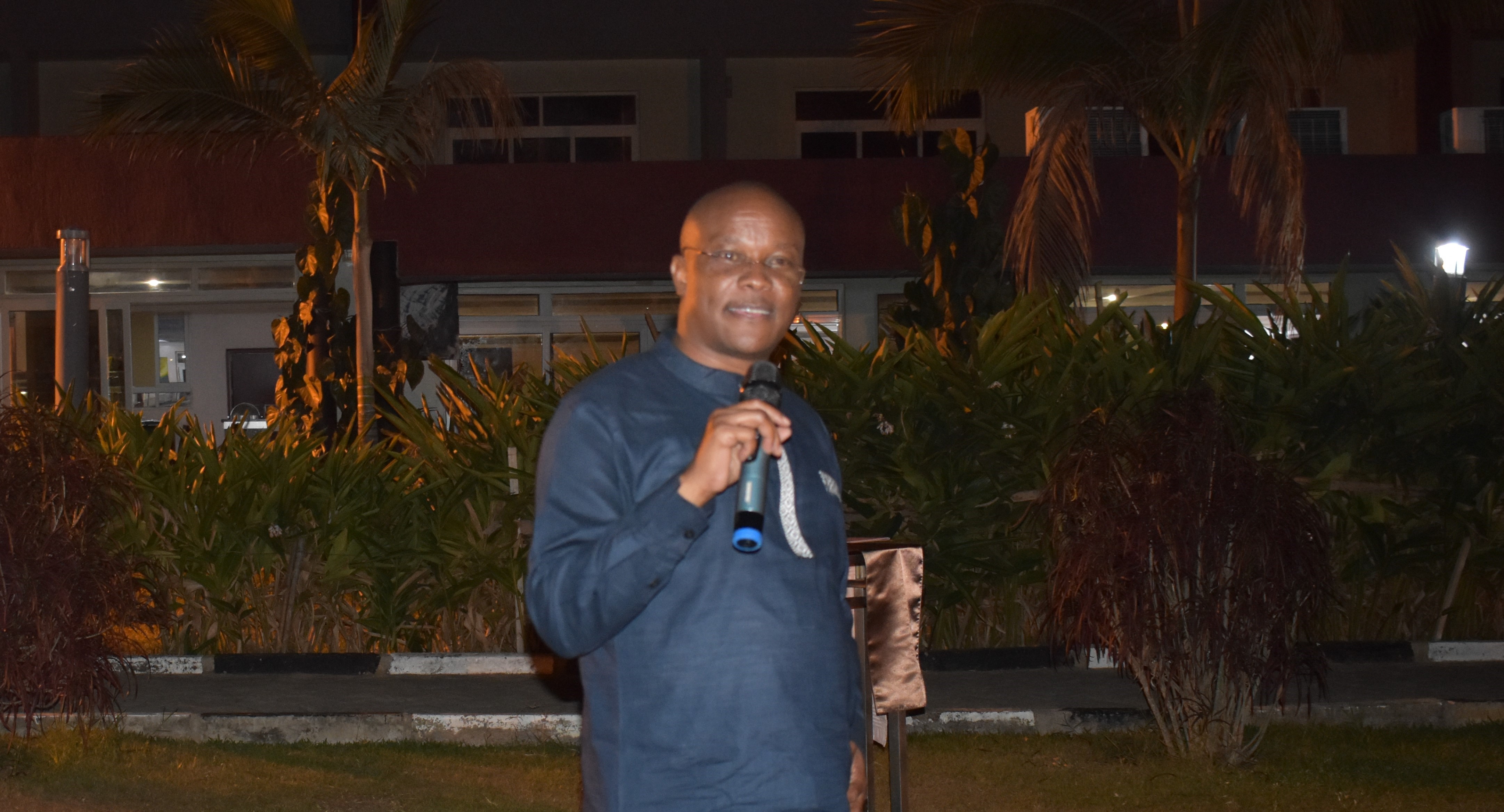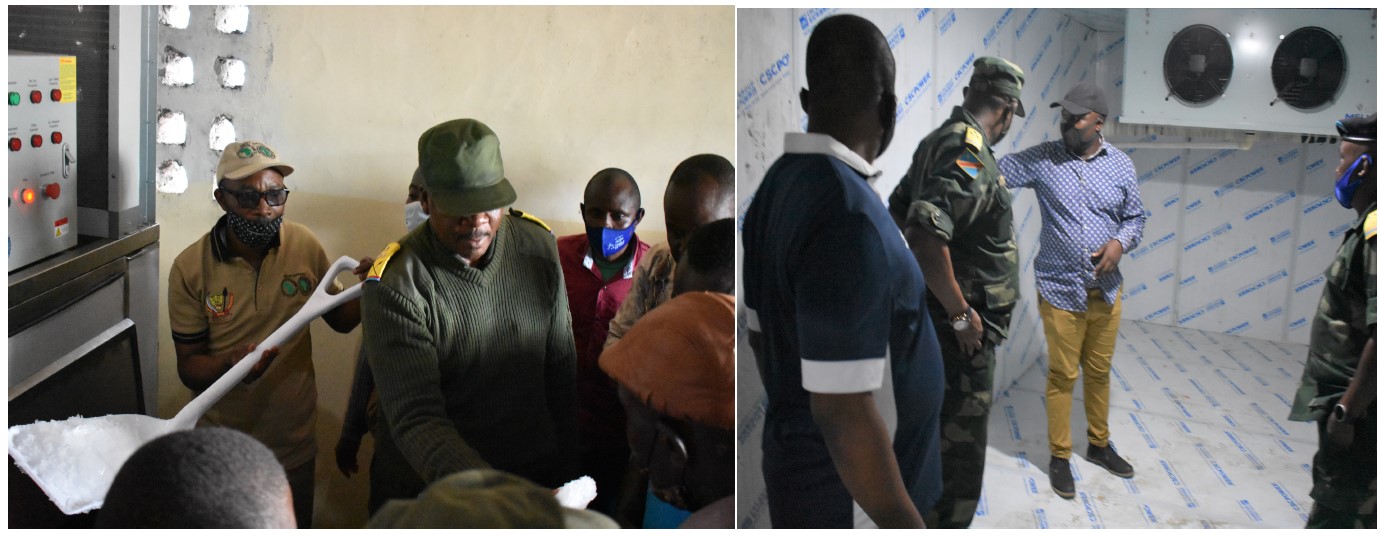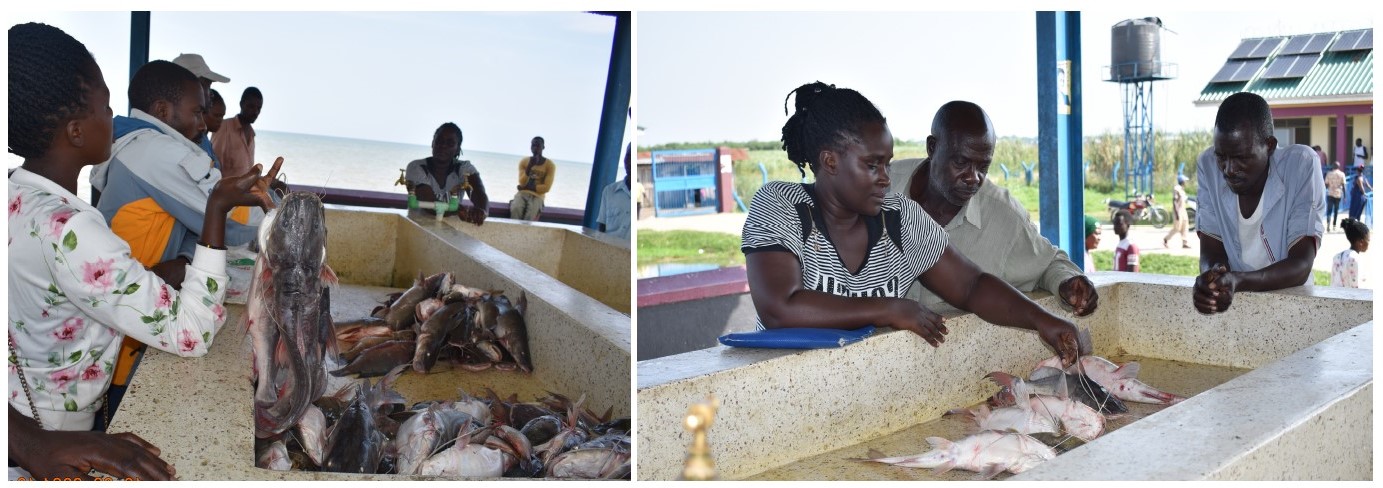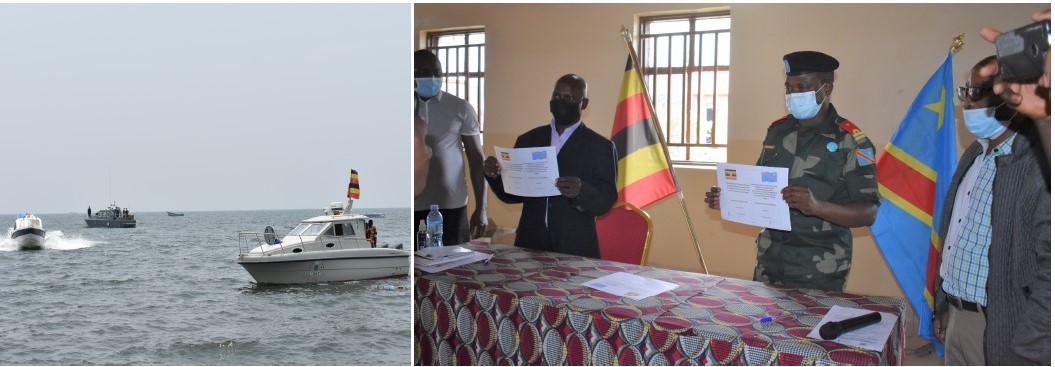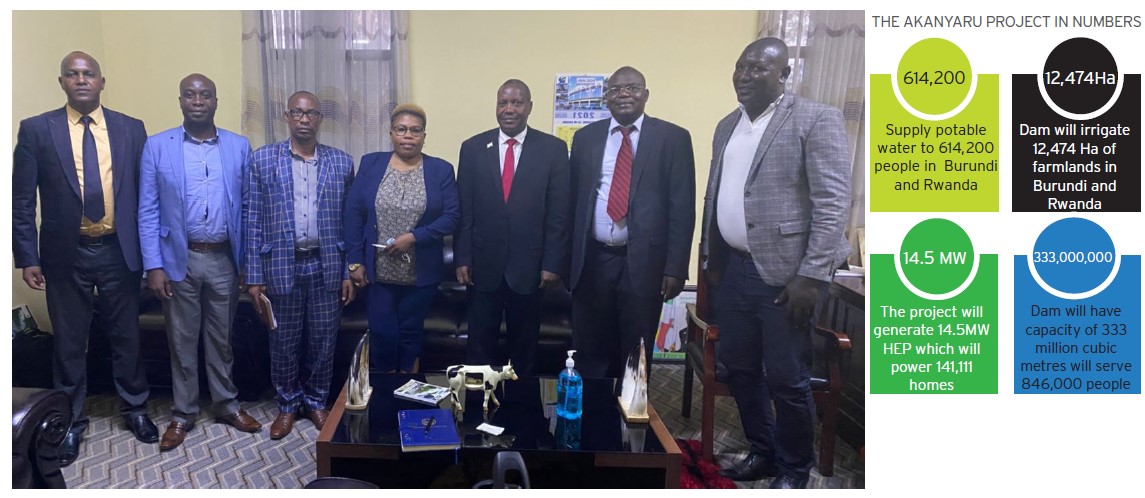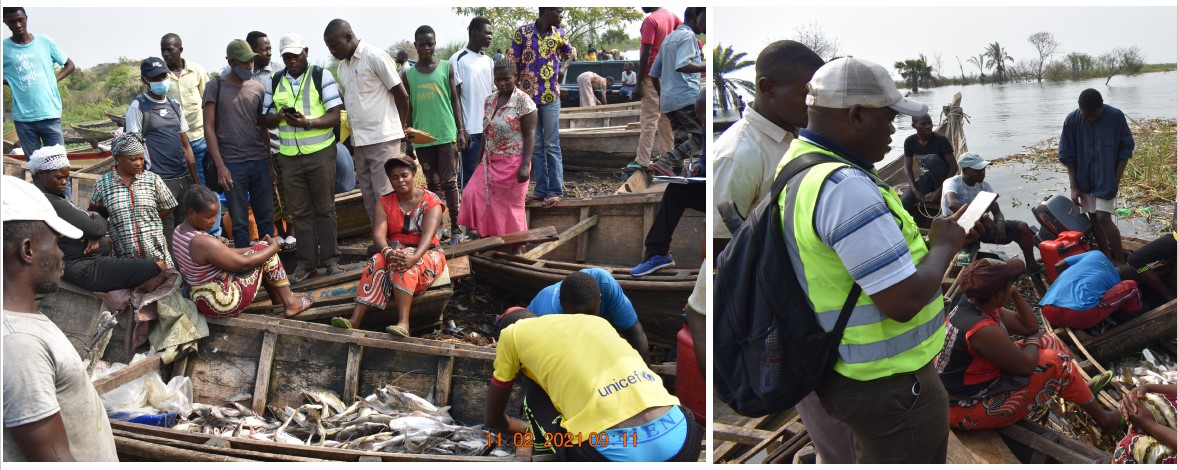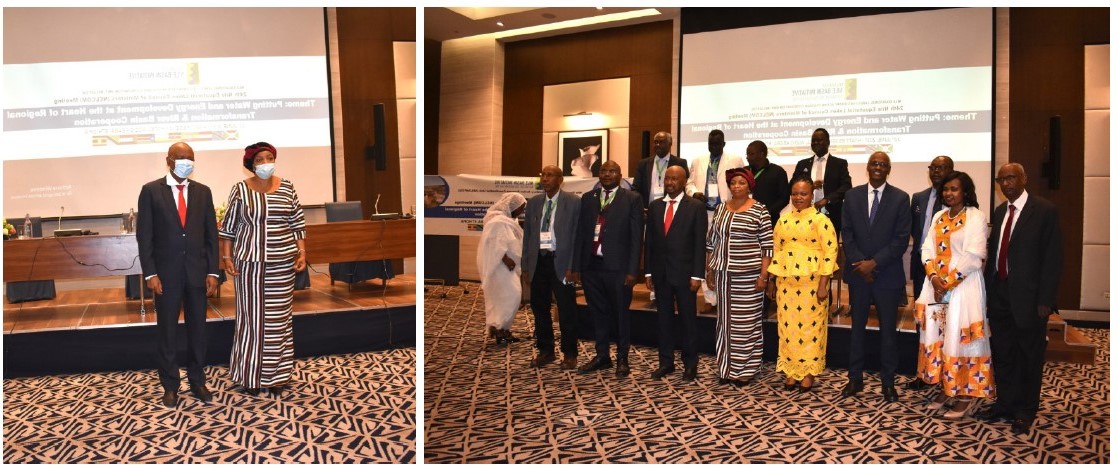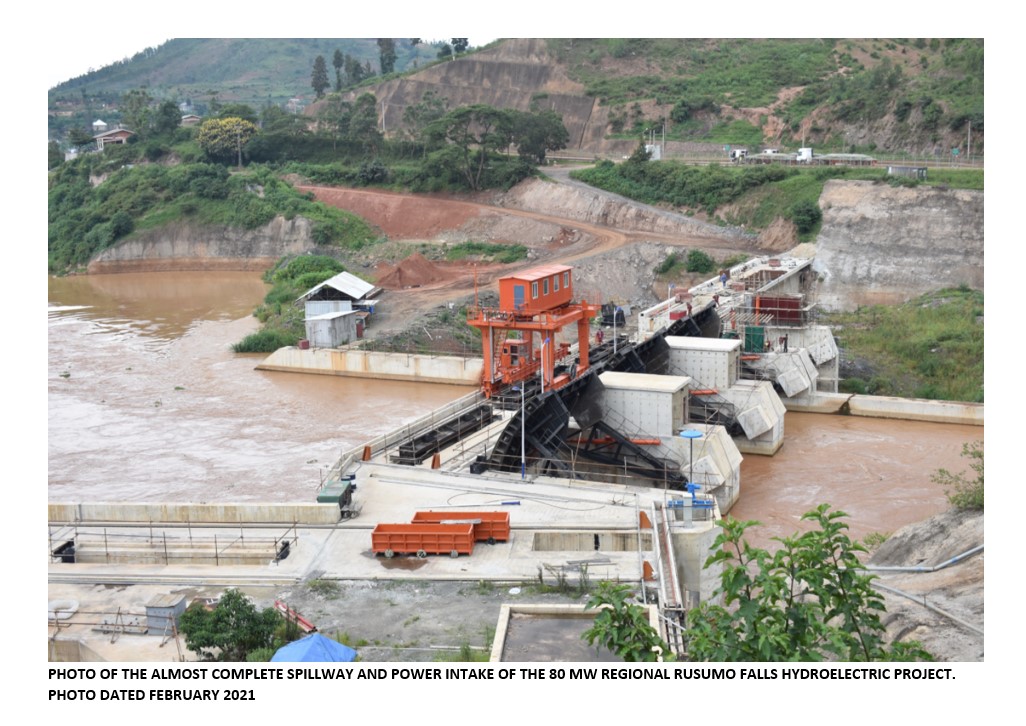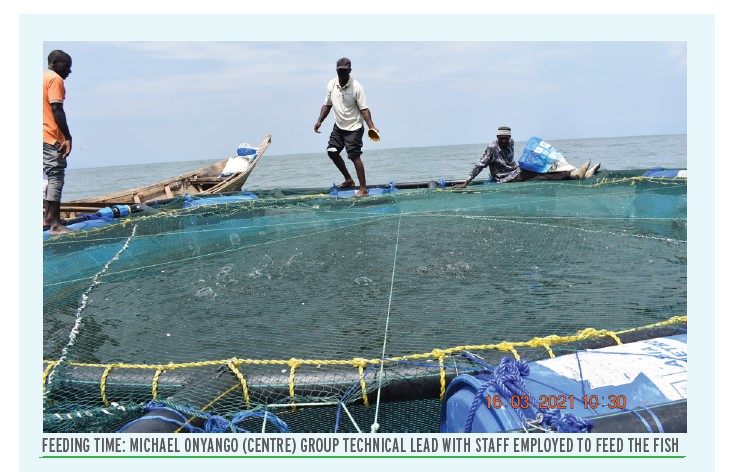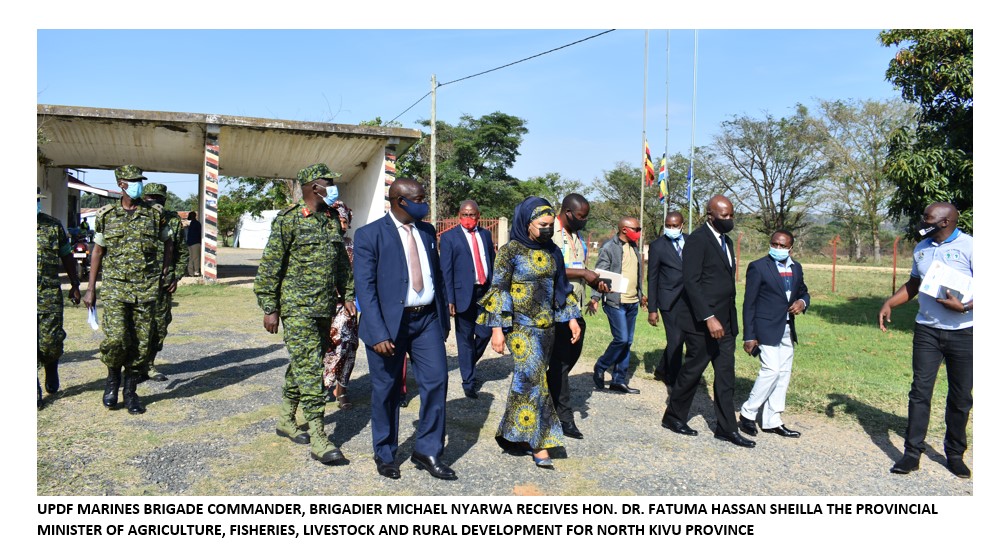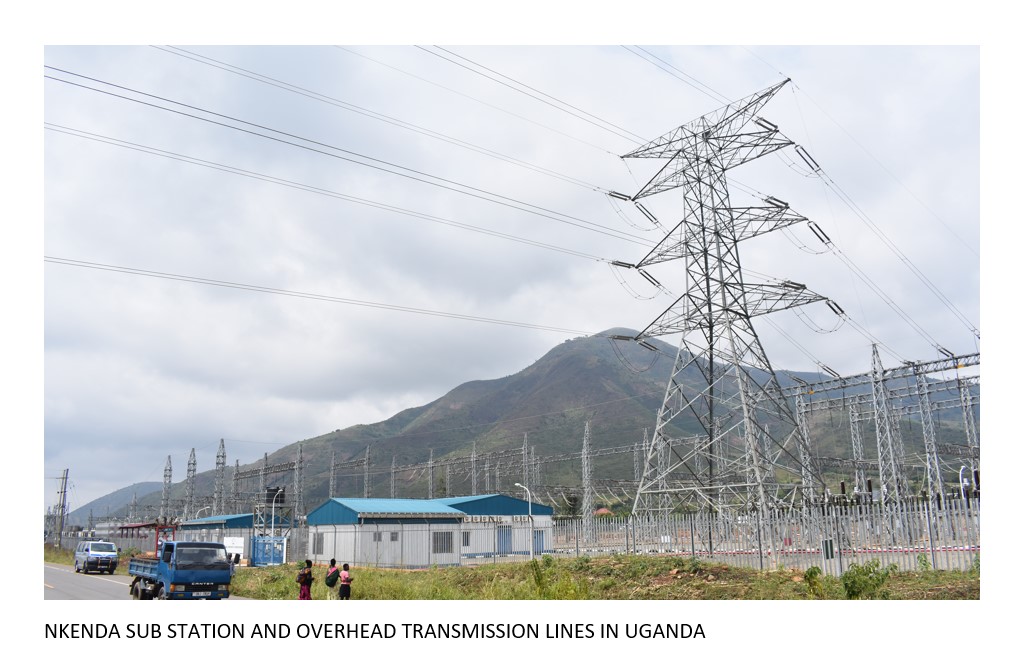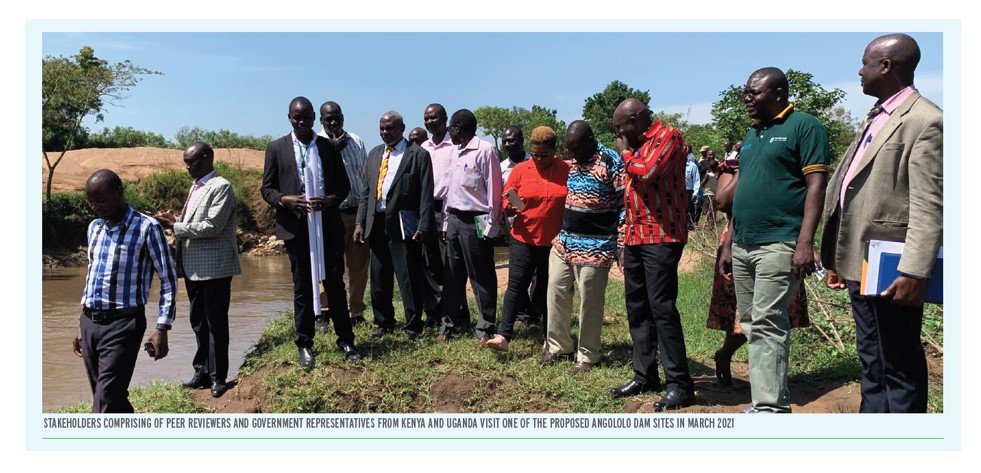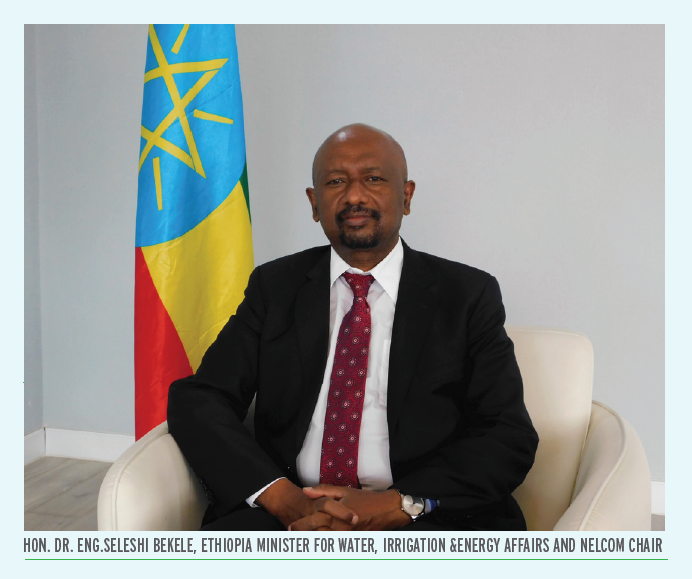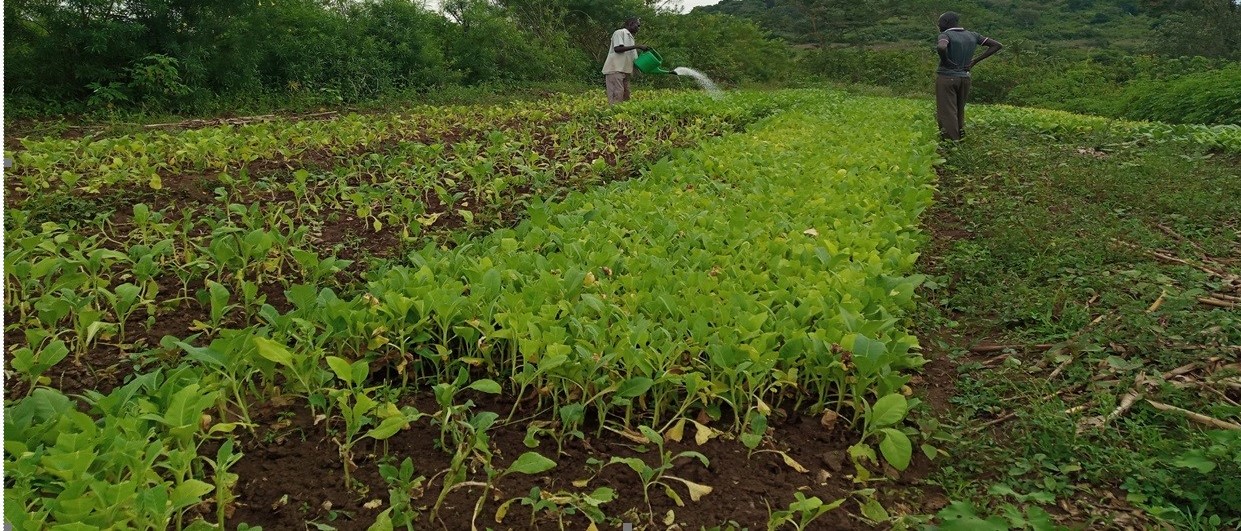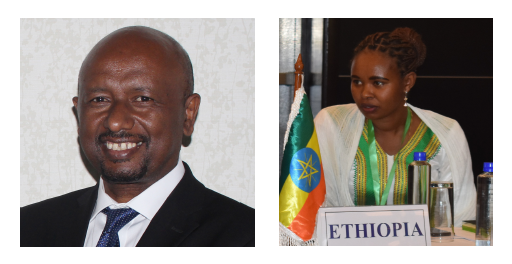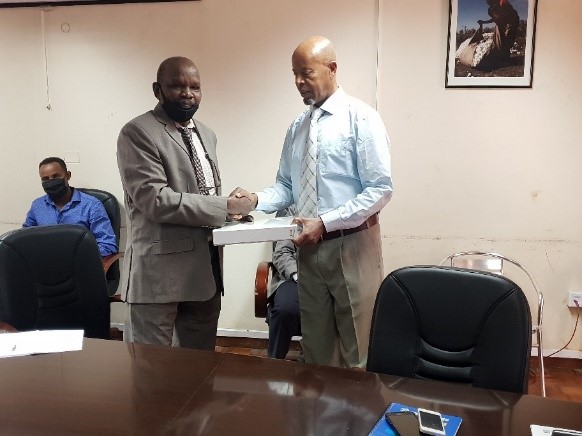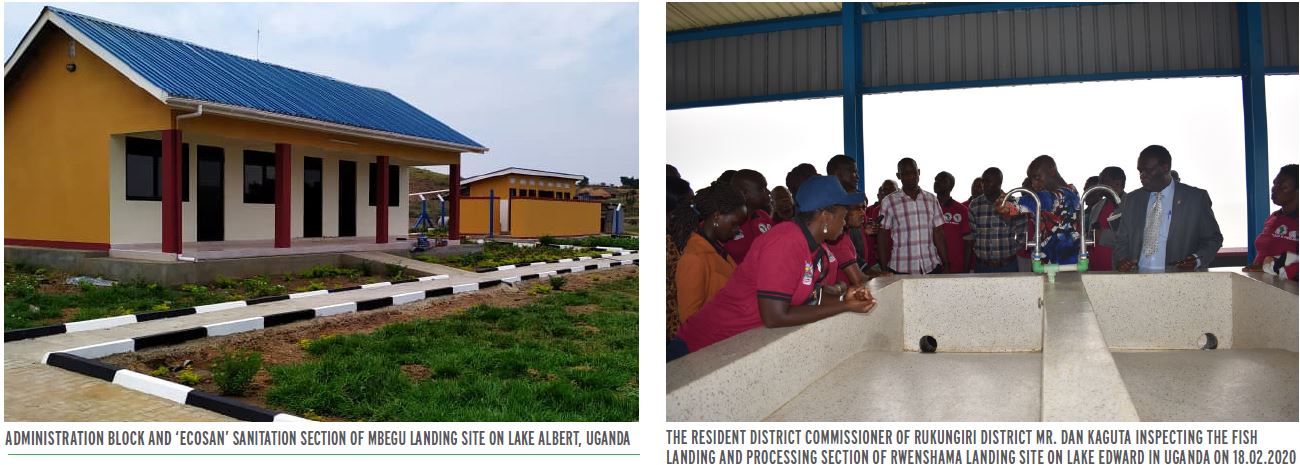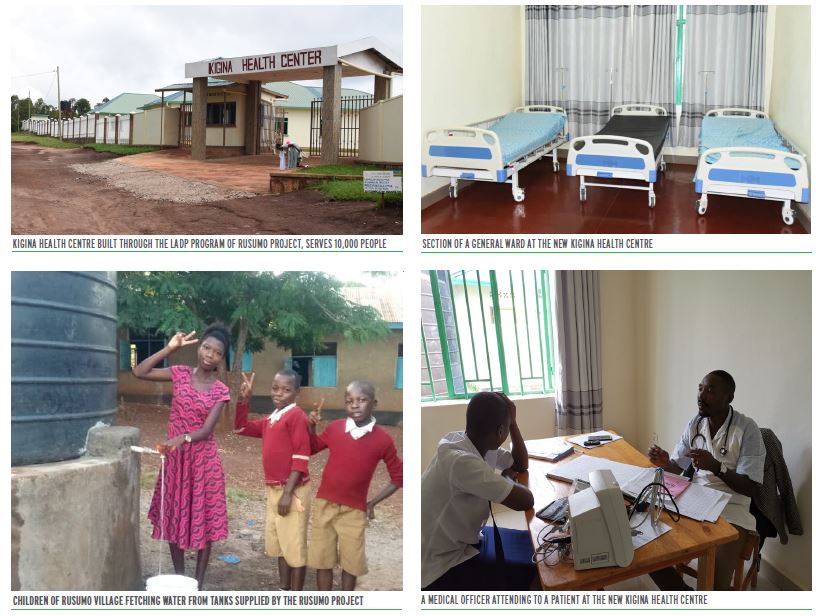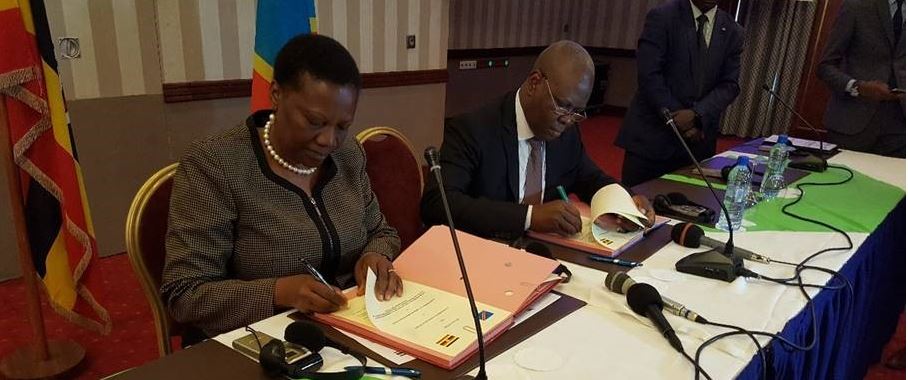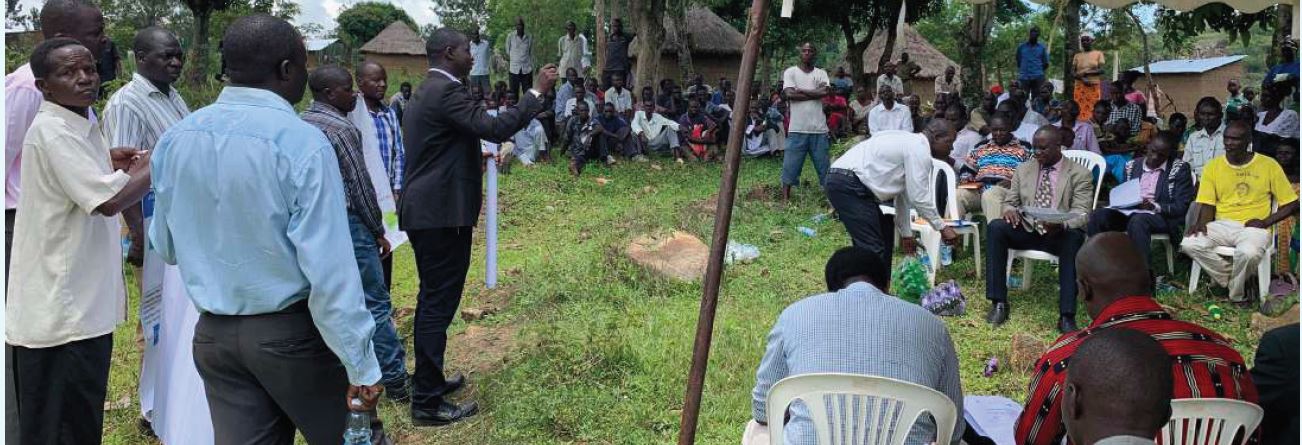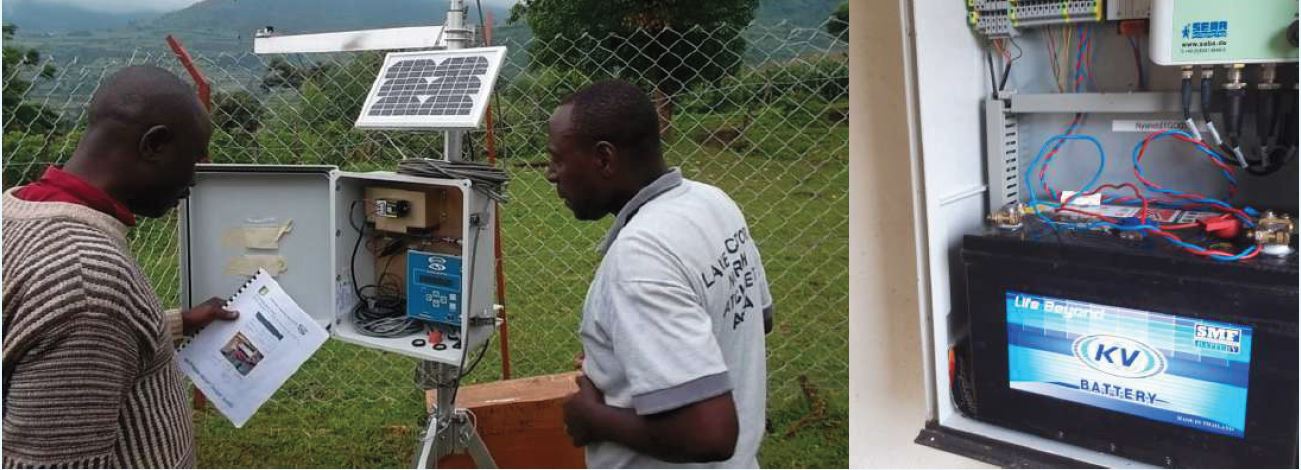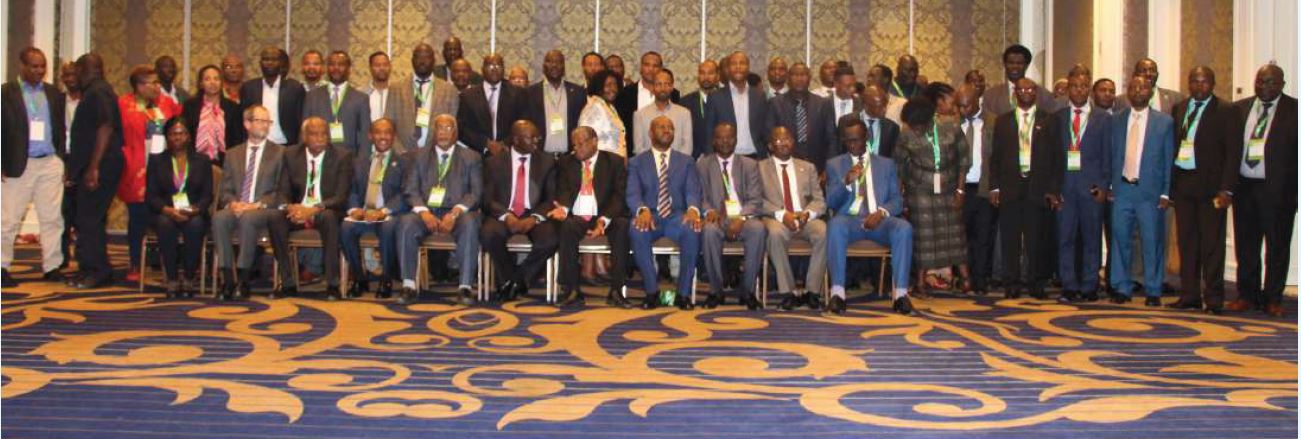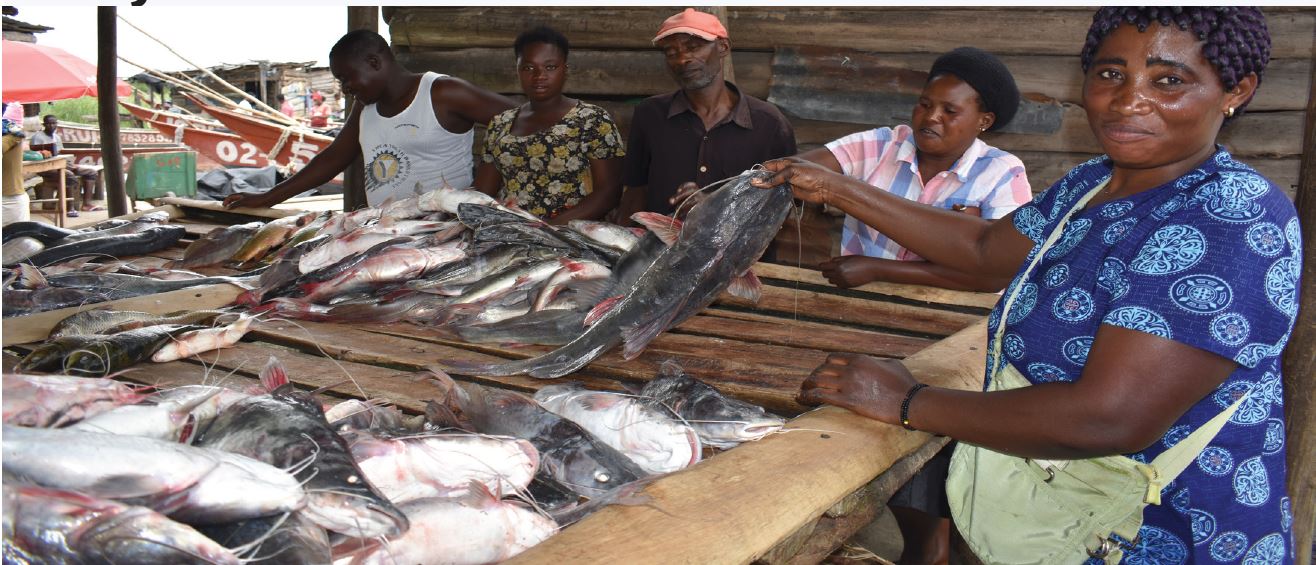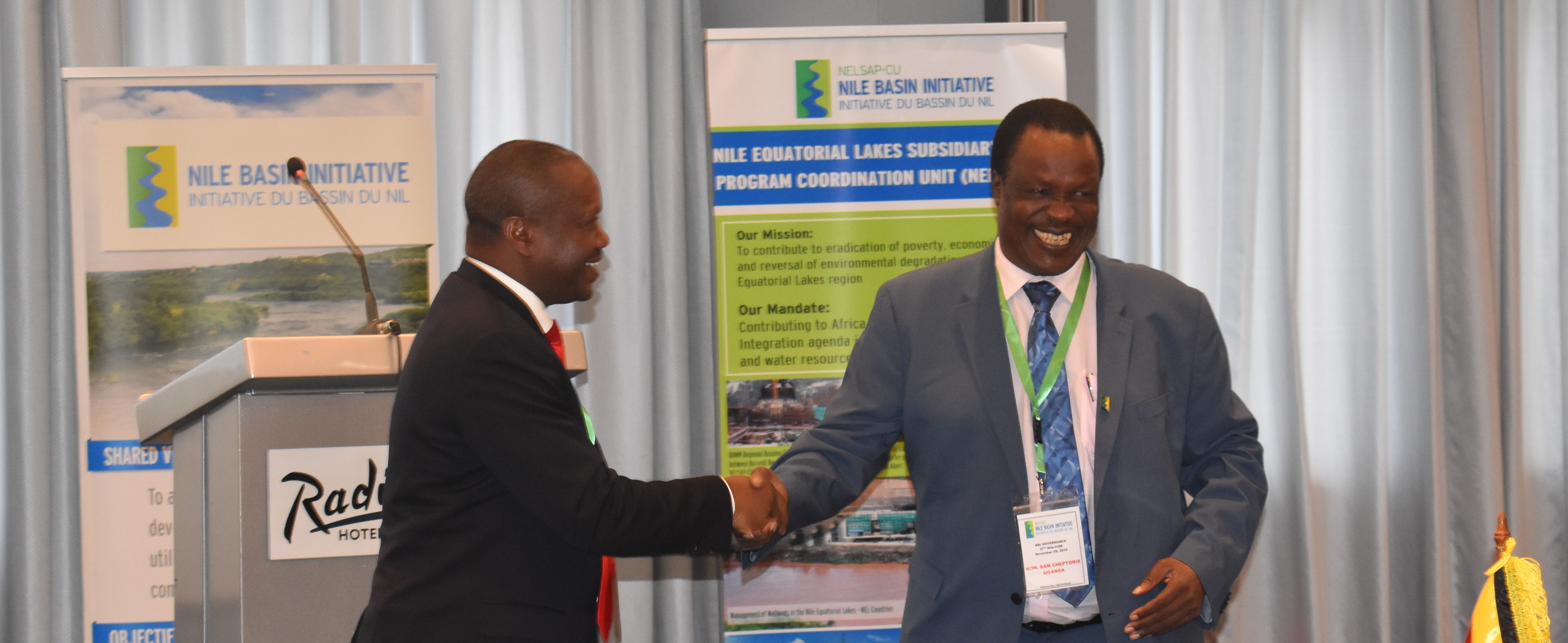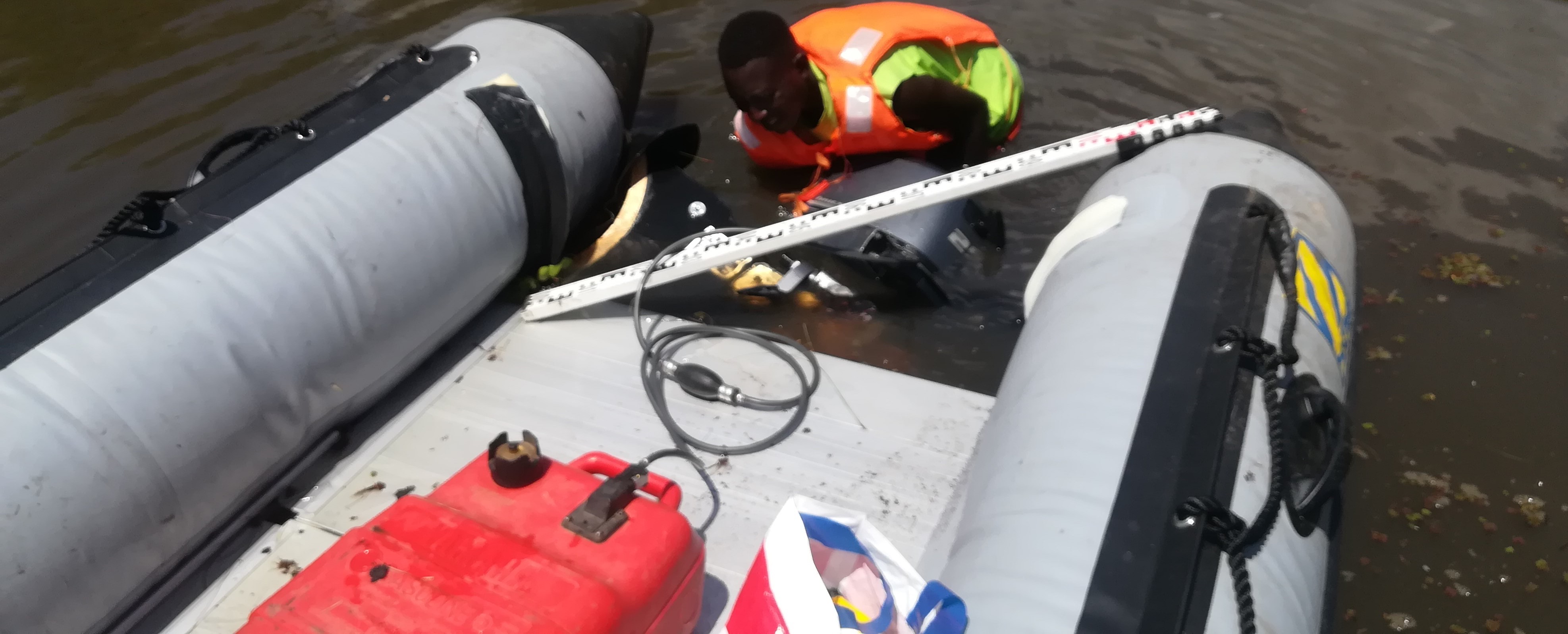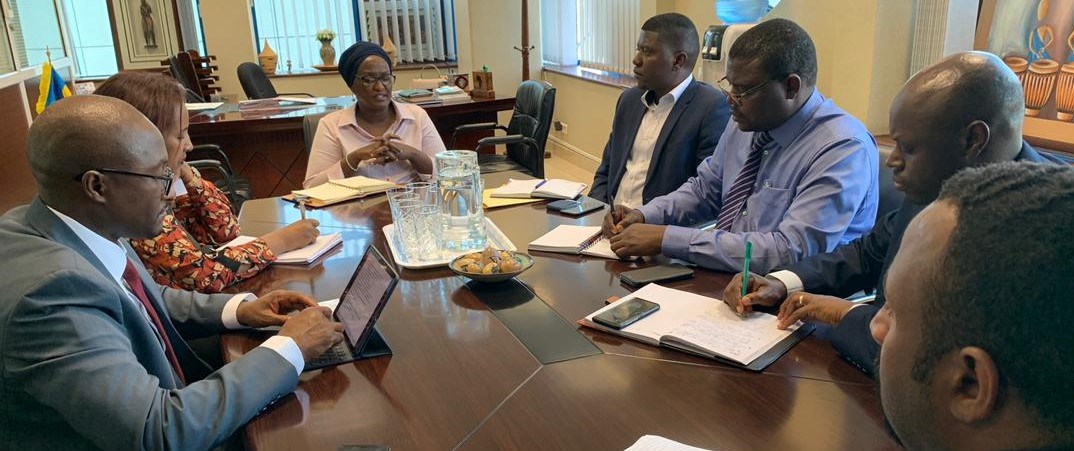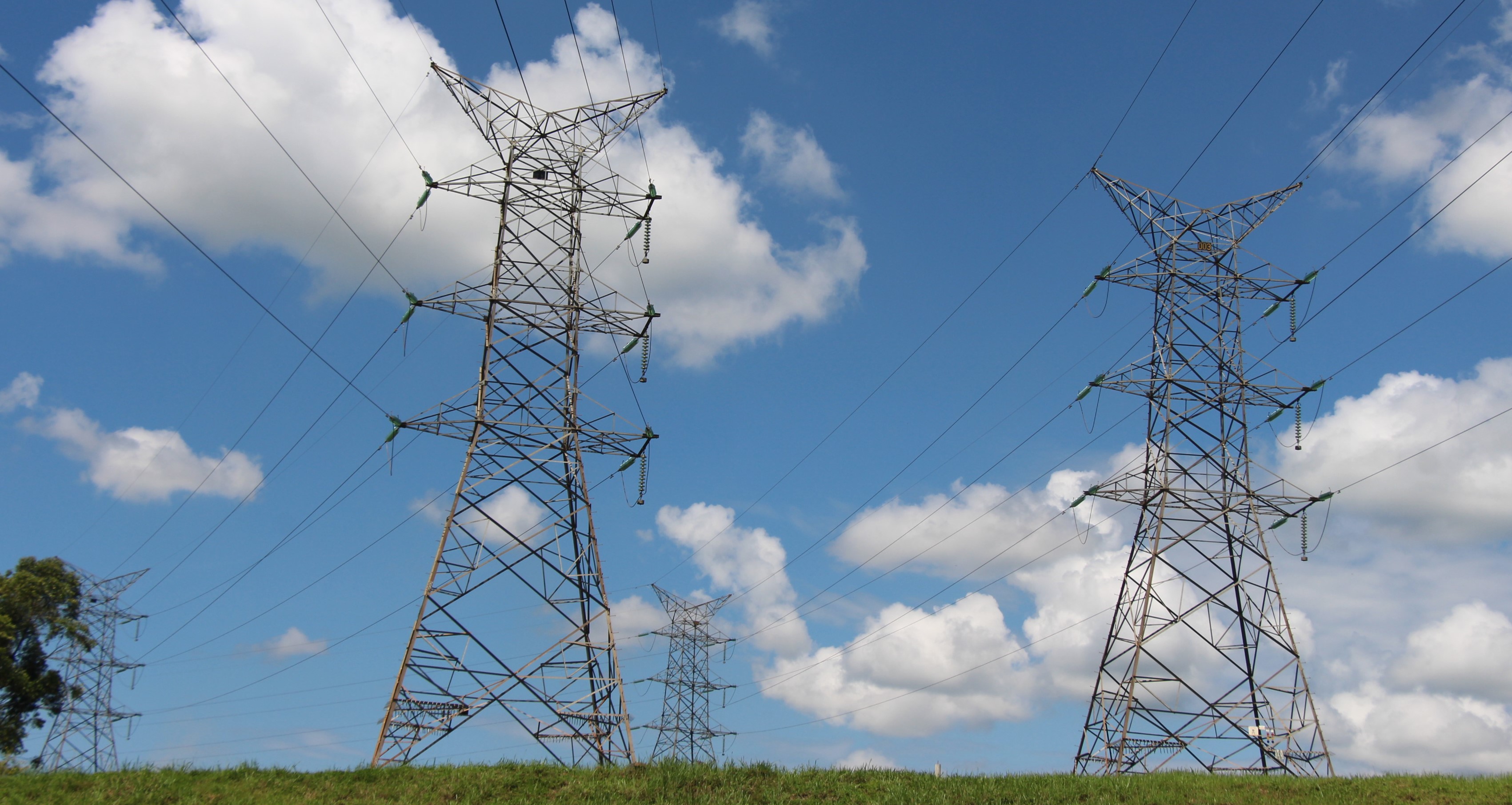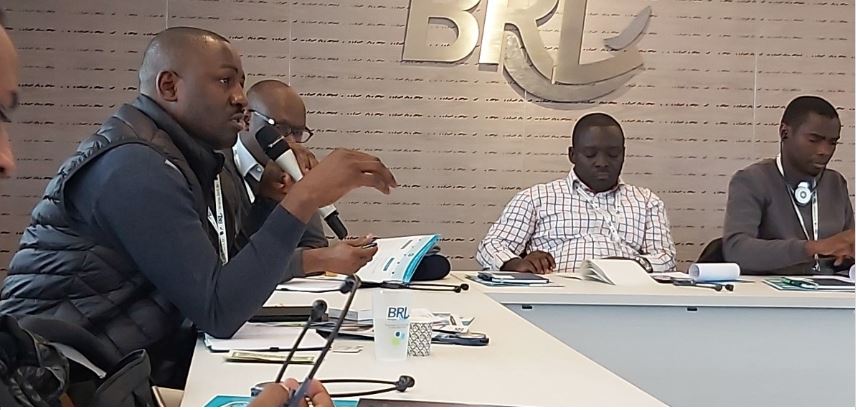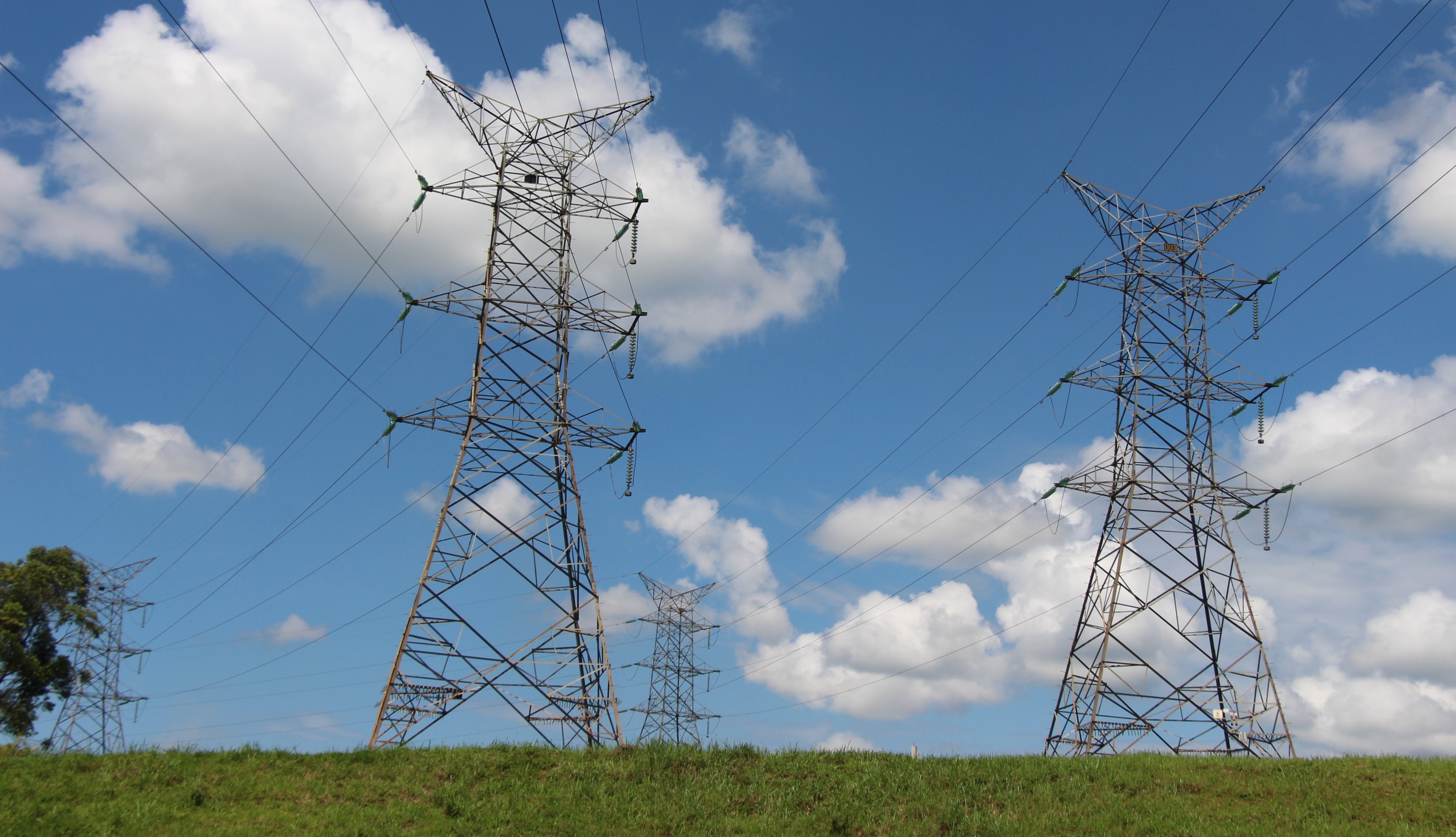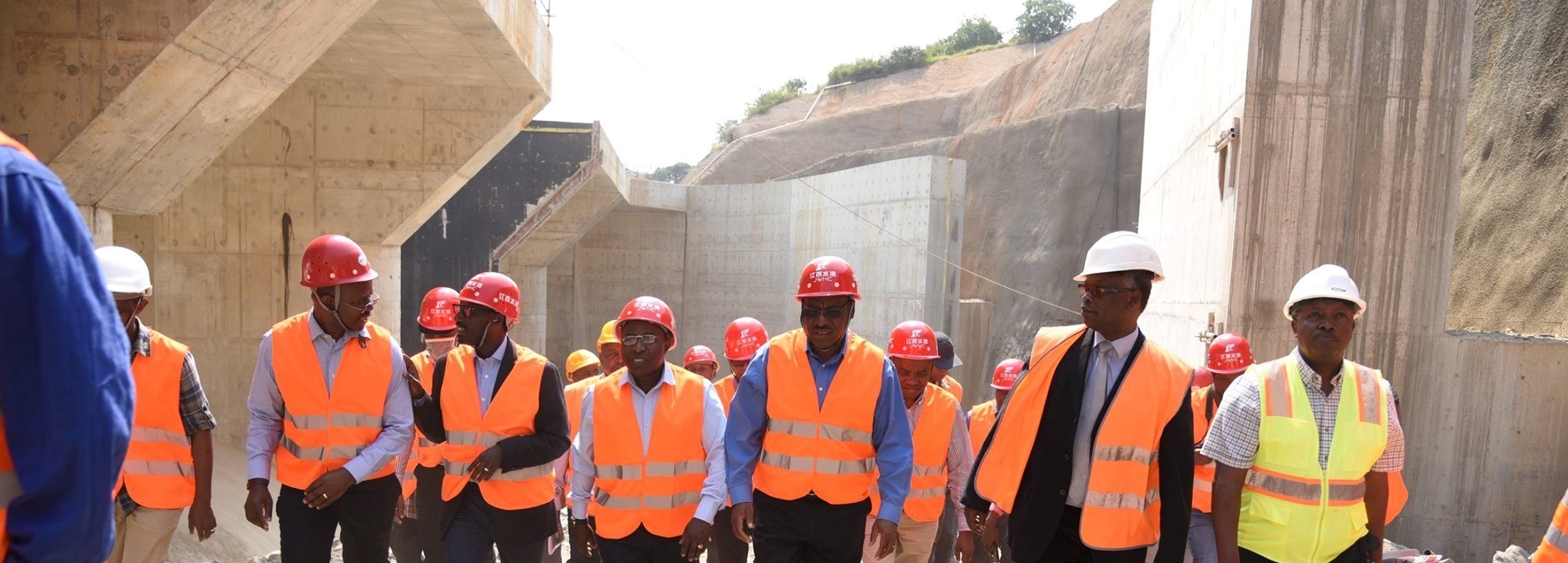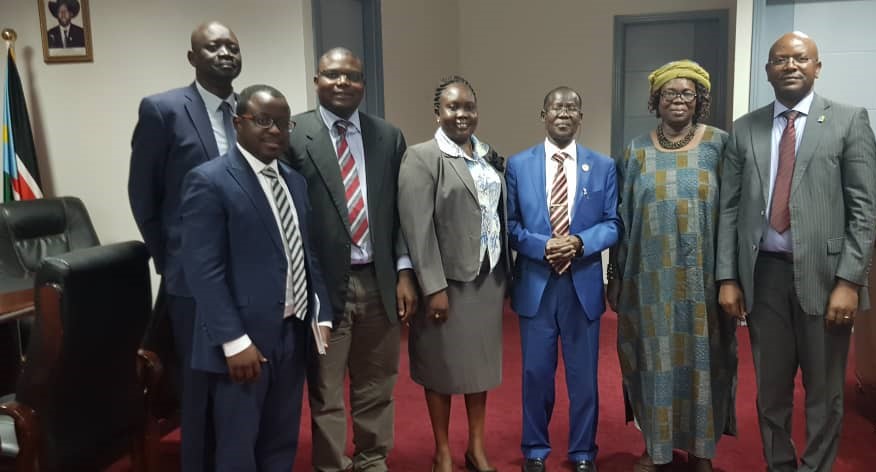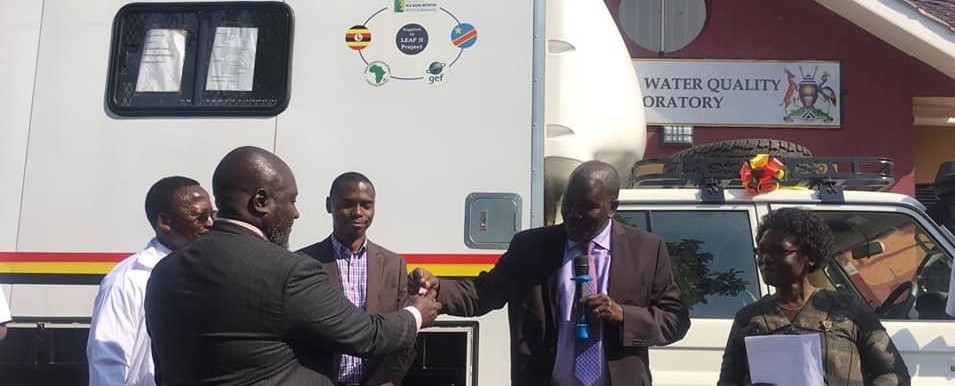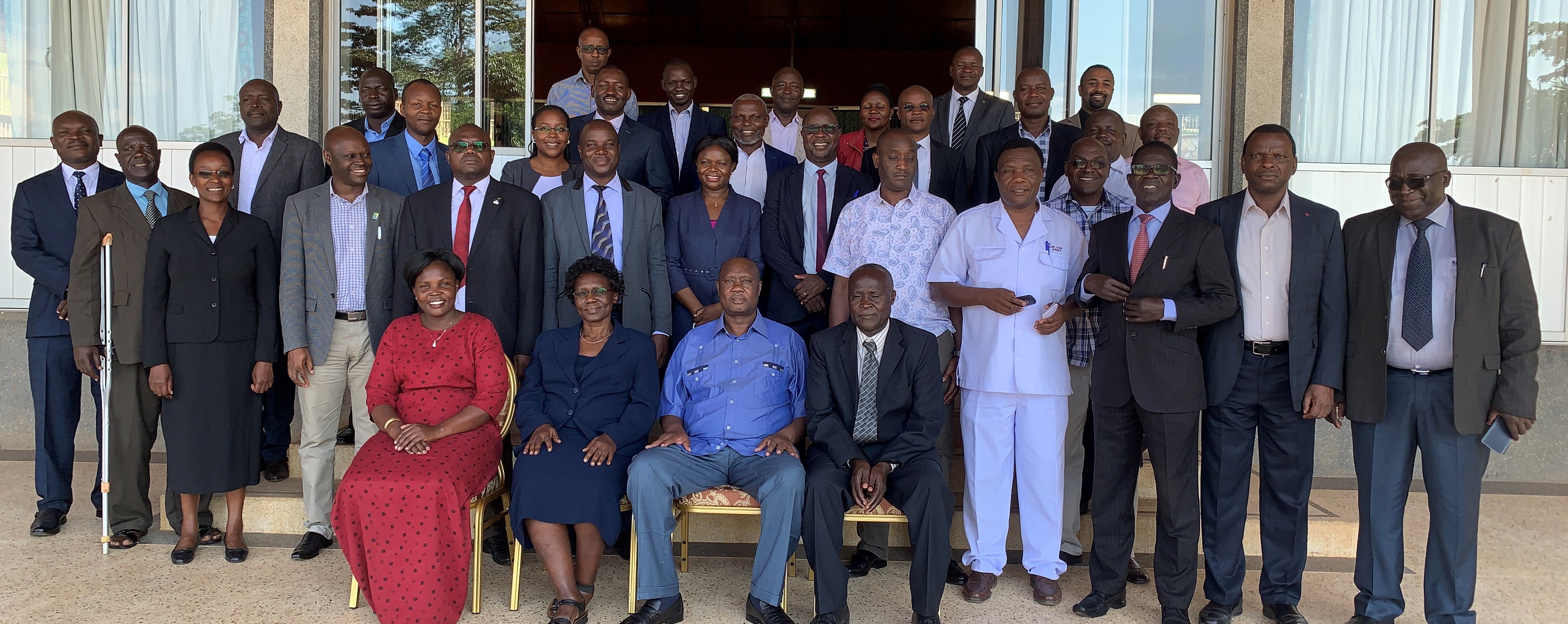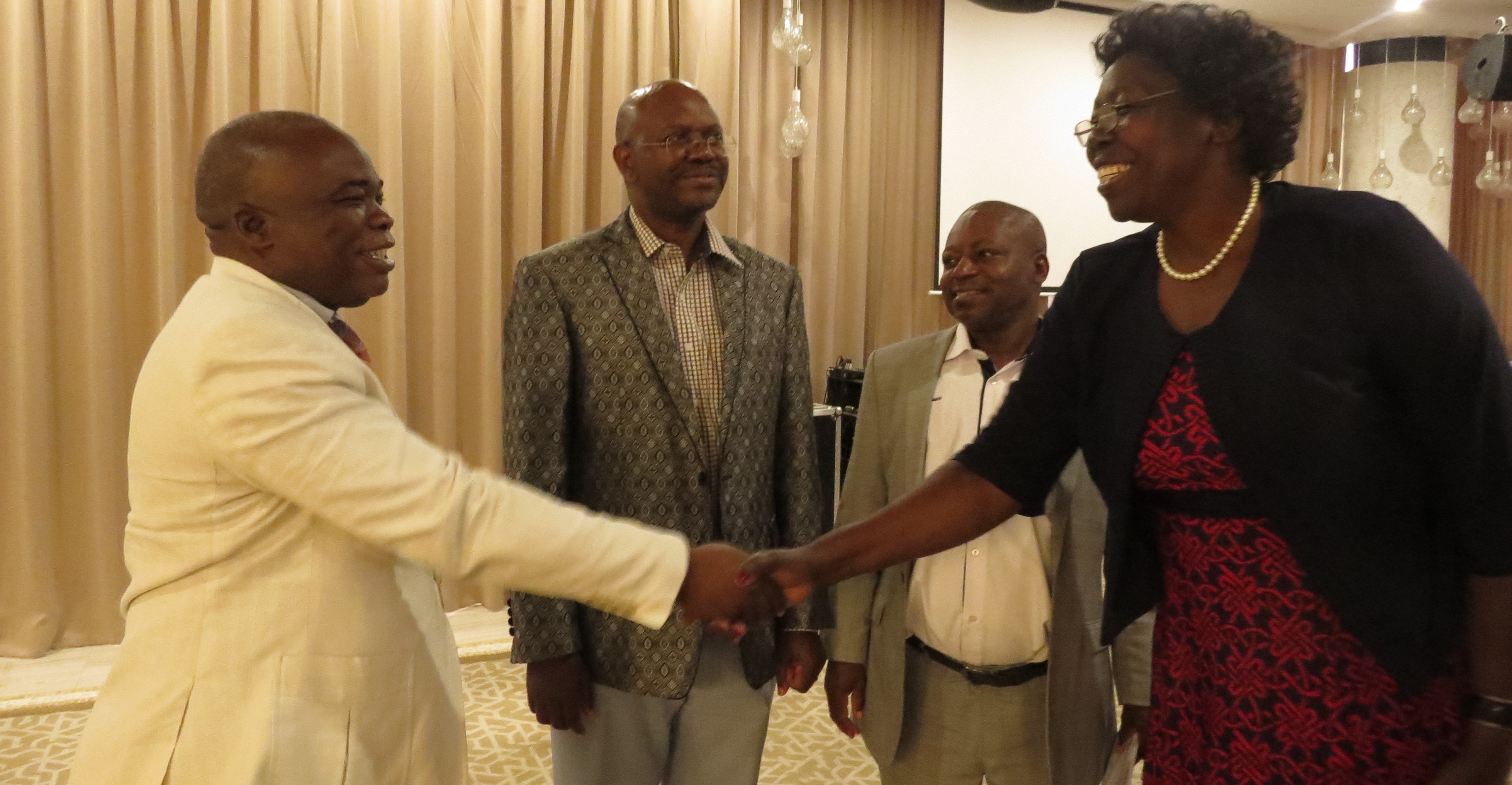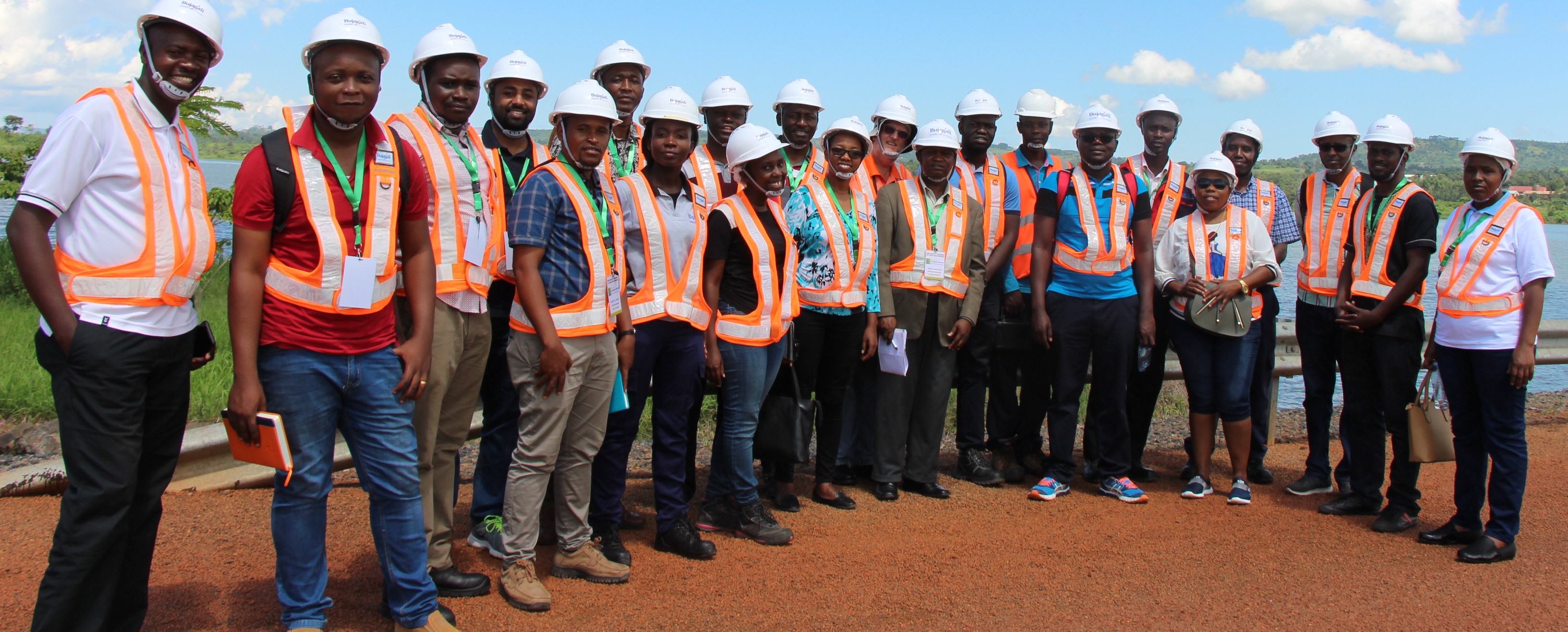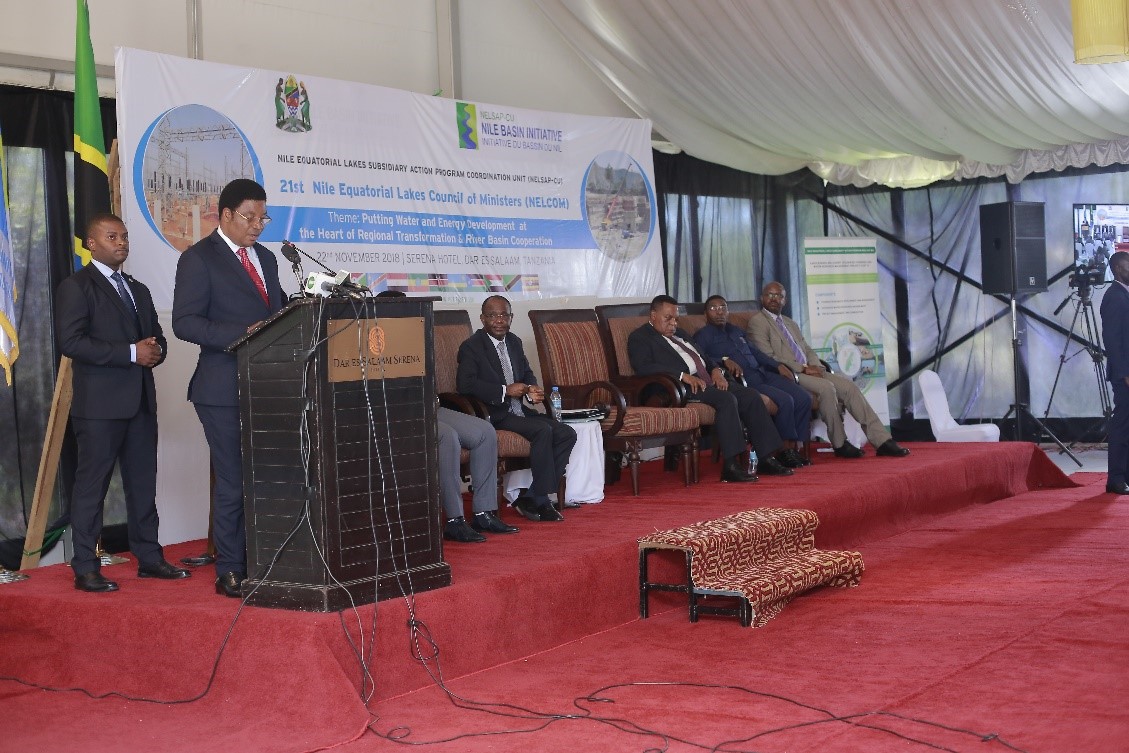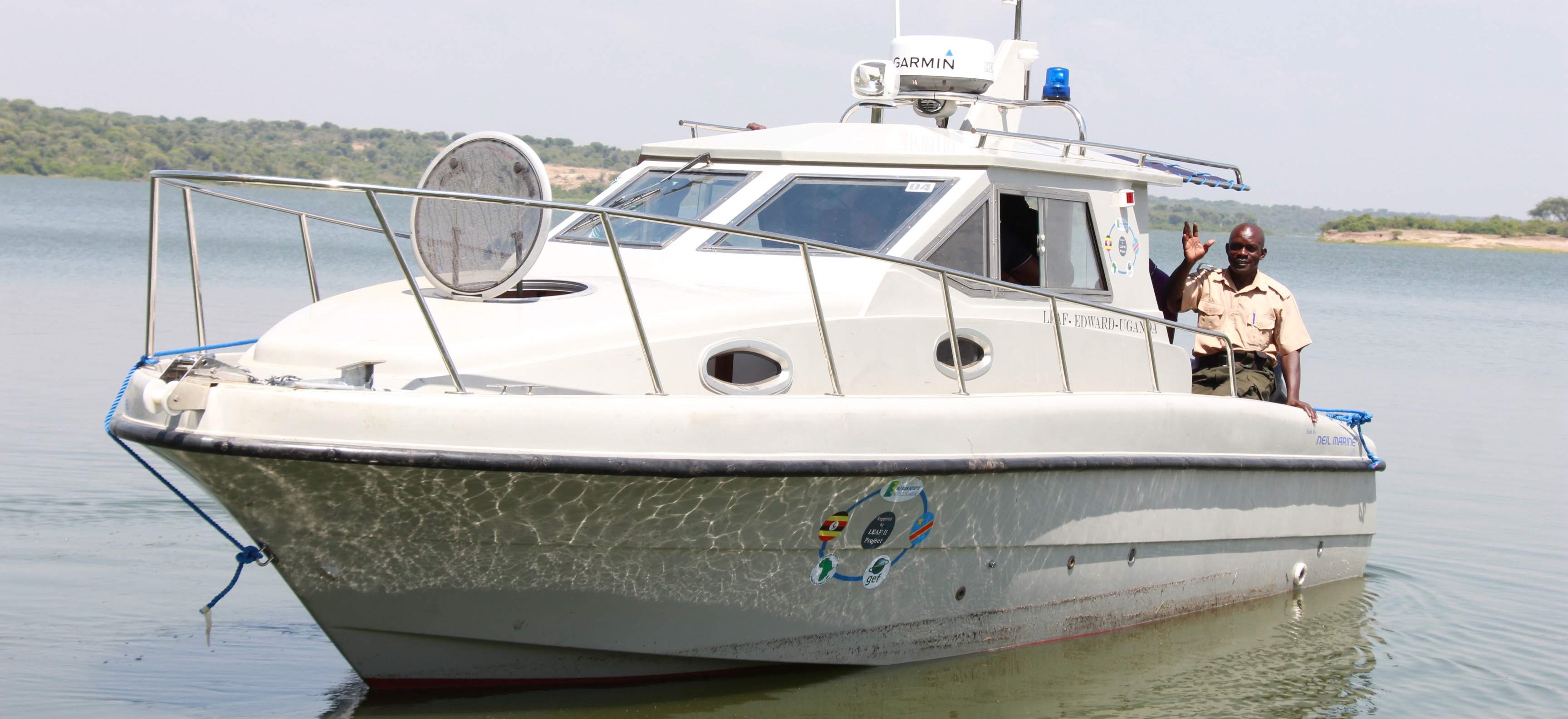NELSAP participated in the Hydropower for Sustainable Development which took place in Addis Ababa, Ethiopia from 31st March – 1st April 2011. The conference was opened by H.E Meles Zenawi and was attended by water and energy ministers and specialists from 32 countries in Africa, Americas, Europe, Asia and Oceania as well as representatives of AUC, UNECA, regional power pools, regional economic communities, African specialized institutions and river basin initiatives, together with participants from bilateral and multilateral financing agencies, academia, industry and civil society sector who gathered to discuss solutions for sustainable development in Africa, and the role that sustainable hydropower can play in solving water and energy challenges.
The conference focused on the following four themes:
• Africa renewable energy potential, including hydro-power development in Ethiopia.
• Regional cooperation for water and energy, including trans-boundary issues.
• Sustainability and good practices.
• Finance and investments.
The following were some of the highlights made during the presentations:
• There is a multiplicity of power development master plans calling for cooperation at the regional level.
• Regional cooperation needs to address the challenges of overlapping mandate and develop mechanisms for prioritizing regional projects.
• Need for joint implementation of projects and cost sharing.
• Regional cooperation in power trade should take a stepwise approach and optimize energy mix.
• Hydro power development should promote the integrated approach to the development of river basins.
• Government ownership of utilities may be limiting participation of independent power producers (IPP) – hence a need for reform i.e. unbundling of vertically integrated utilities.
• Need to dialogue with the private sector and encourage entry of large companies into hydro power development and base load negotiations with large consumers.
• Sharing of human resource capacity in hydro power and water resource management should be encouraged.
The conference gave participants an opportunity to exchange regional and international perspectives, experiences and responses that are pertinent to the themes.
In its recommendations, the conference recognized the major benefits of hydro-power at local and regional levels as a source of renewable energy and a multipurpose tool for poverty alleviation.
In order to deliver sustainable hydro-power, the conference recommended the use of the hydro power sustainability assessment protocol to guide and evaluate hydro-power development project development, and in the interests of capacity building, establish in Ethiopia, a continental centre of excellence on sustainable hydro-power development.
The conference further recommended that emphasis be put on coordinated and harmonized regional development, while existing initiatives are given impetus to accelerate progress from the river basin point of view and continental initiatives, power pools and regional economic communities are strengthened. In addition, environmental conservation should be taken into account when undertaking regional development projects.
Furthermore, the conference recognized the need to increase the role of the private sector in hydro-power development to enable finance and investment. The need to define and utilize the differentiated roles of the public and private sectors, as well as enhance the capacity of the utilities in developing bankable projects was also pointed out.
Stating that there is a need for innovation in the structuring of financing, the conference advocated for the realities of regional hydro-power development such as the high capital costs, long development lead times and the long operational lives to be taken into account.
It was also recommended that the role of hydro-power should be advanced further by catalyzing improvements in water security and management; nurturing the development of multi-purpose water infrastructure and use; strengthening and expanding regional power transmission systems; promoting and utilizing knowledge on climate change and adaptation; ensuring that project impact assessment and related management plans are responsibly implemented; encouraging an appropriate approach among riparian states and strengthening relations between them; prioritizing the delivery of benefits to affected communities and promoting the distribution of water and energy services to local areas.
The conference provided a rich vein of experience, from which the NBI and NELSAP processes can learn and benefit from as we advance our investment portfolio.
By Grania Rubomboras, Interconnection Regional Project Manager, Interconnection Project & Elimasia Mngumi, NELSAP DCO

